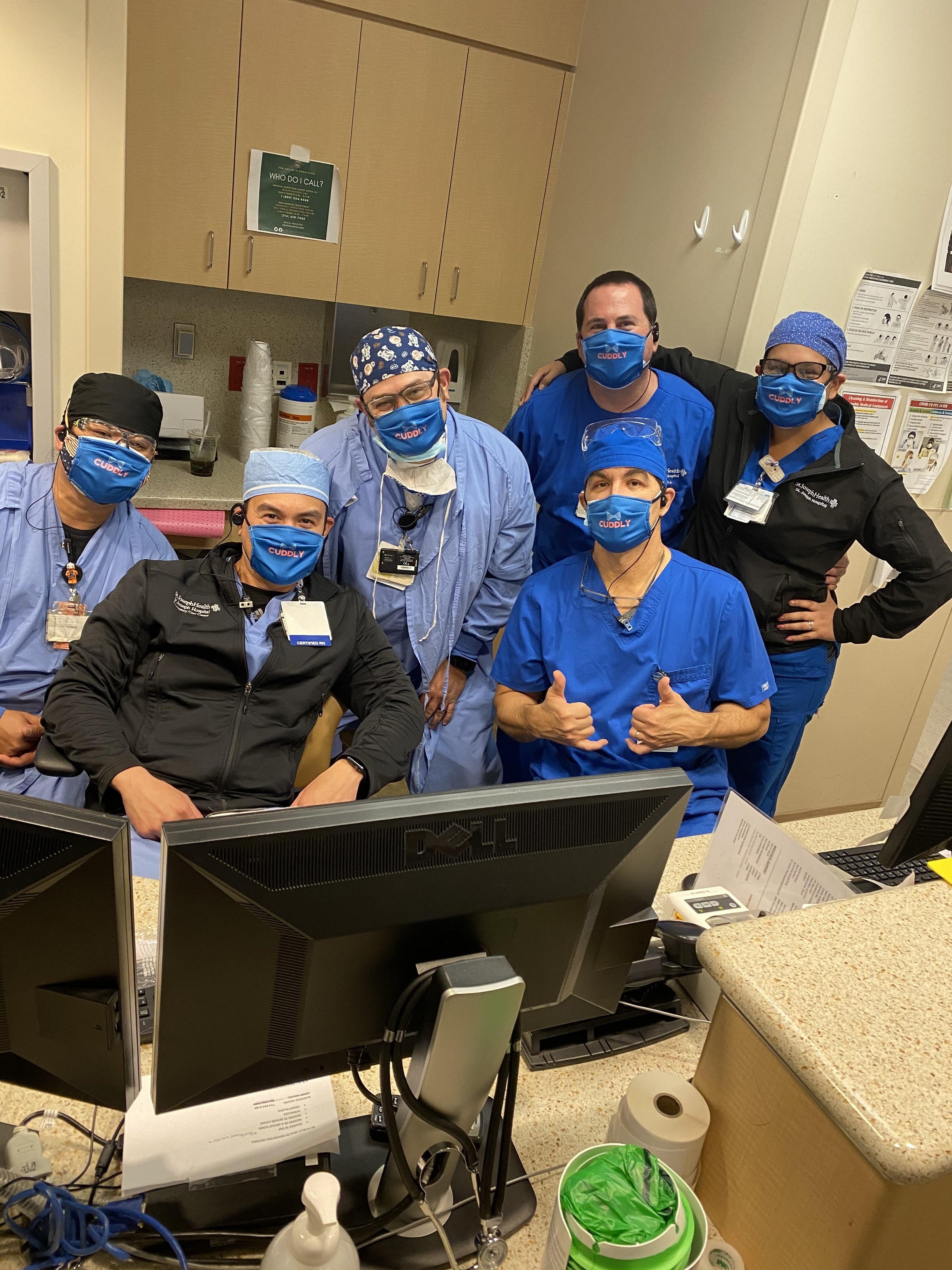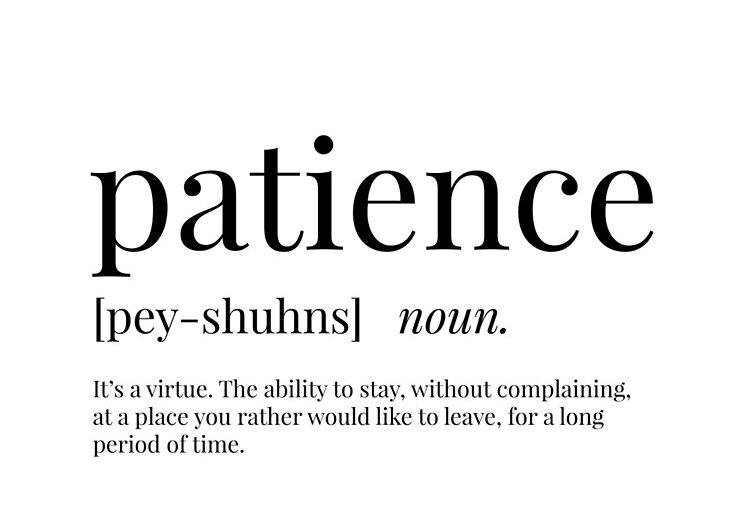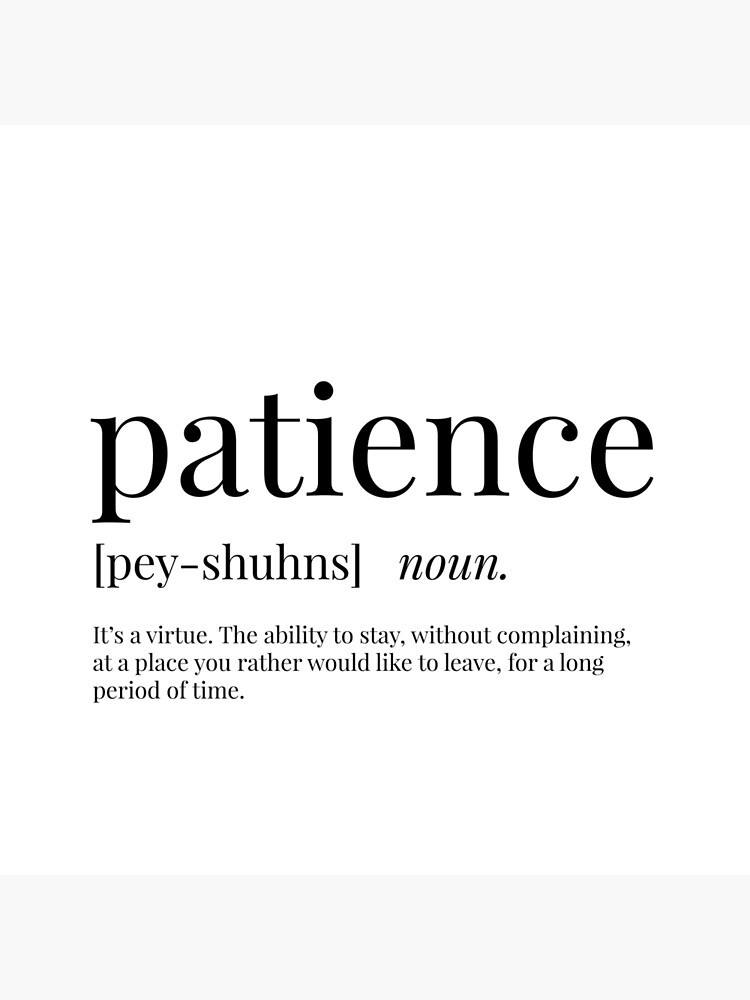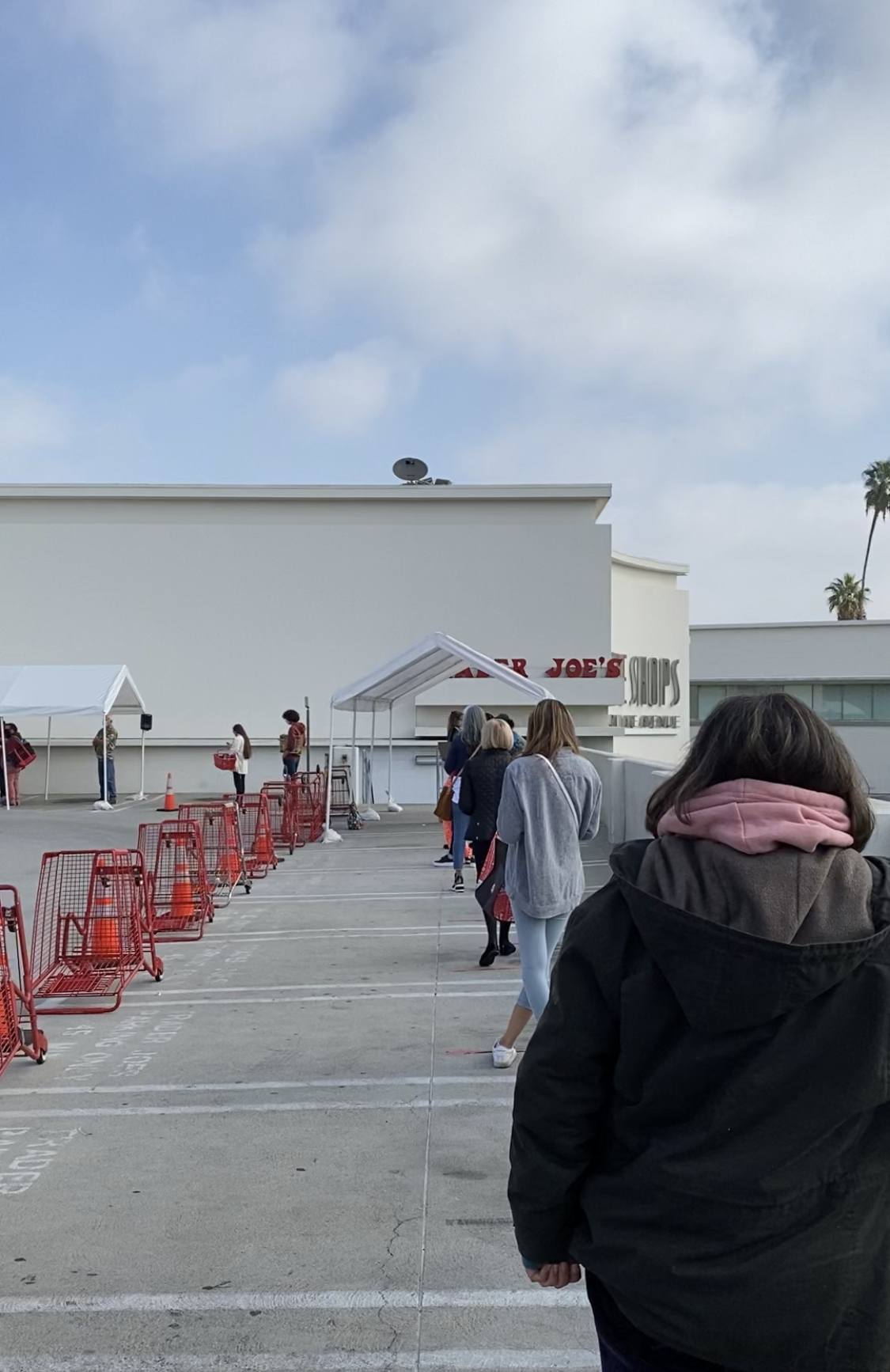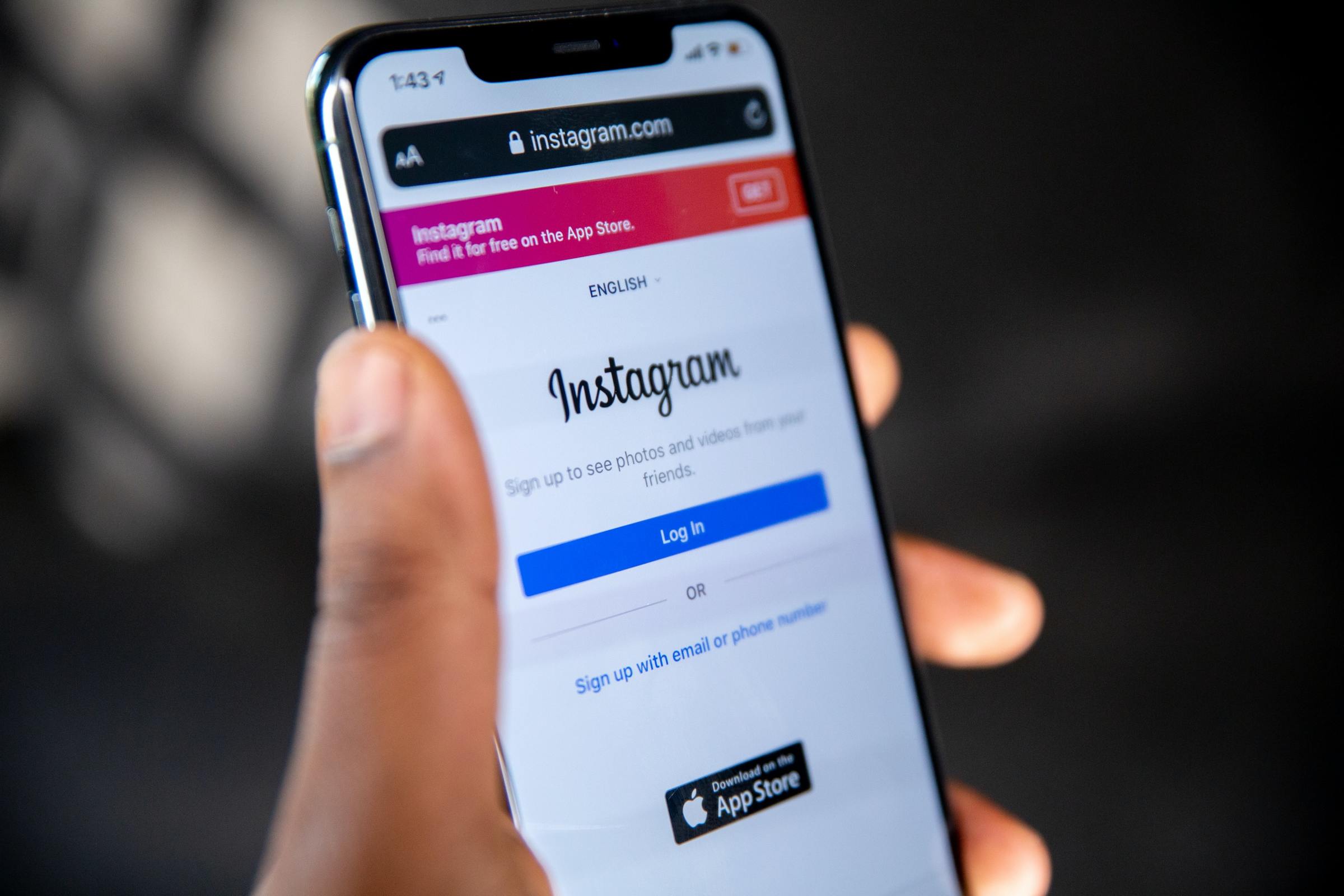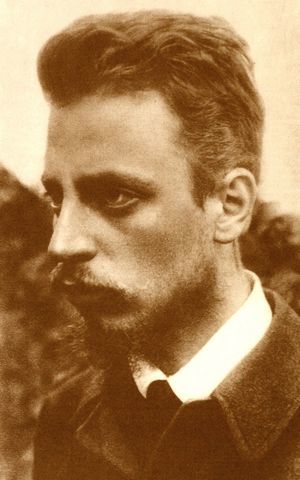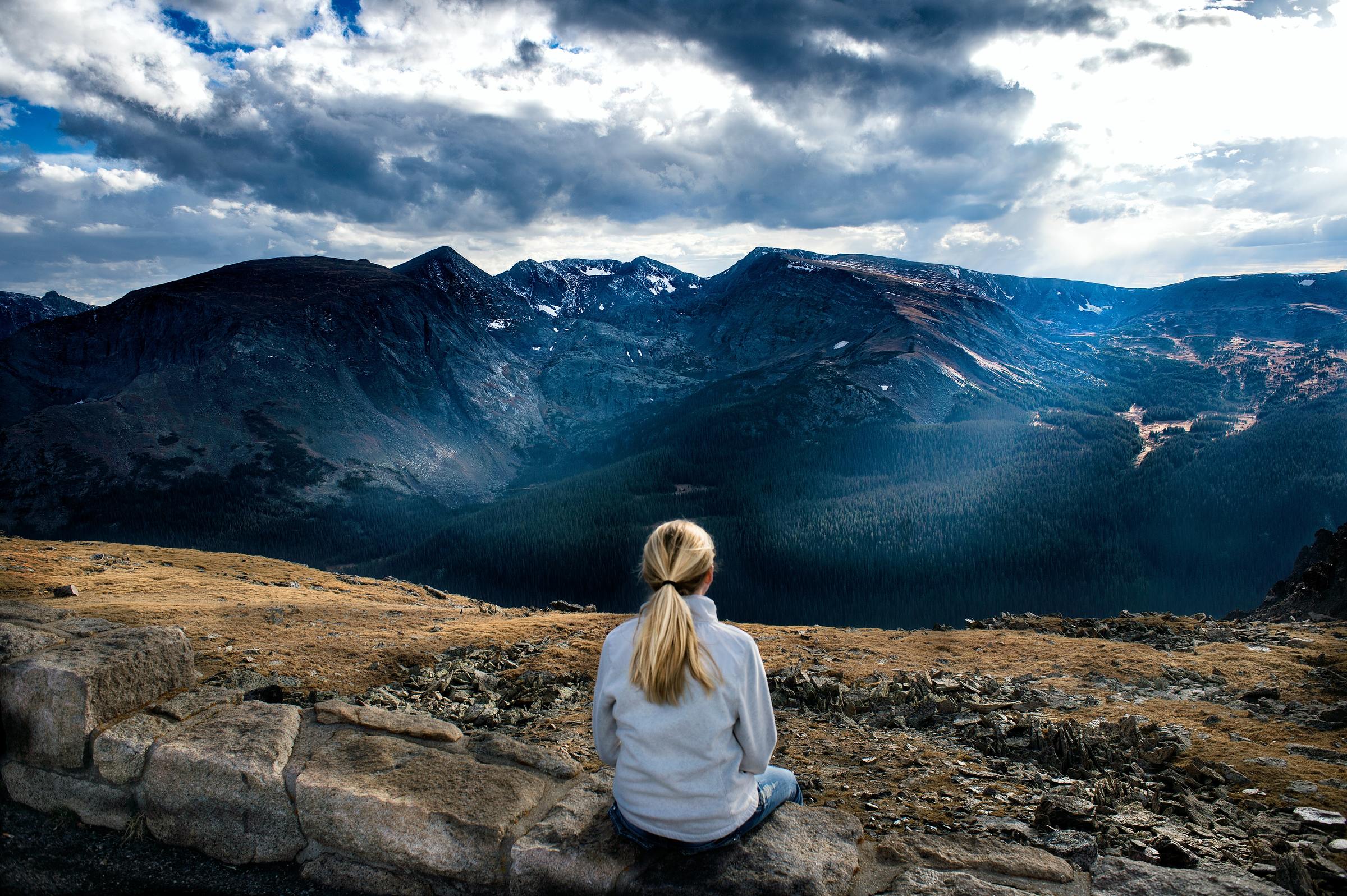Each of us walks a path in life that takes us with a multitude of twists and turns. Today’s guest, Matt Kamin is no exception. Matt has lived a life full of philanthropy in so many ways. Before Matt became the host of the popular podcast, Nonprofit on the Rocks...which is how we met and Co-Founder of Envision Consulting, he was a two-time nonprofit founder.
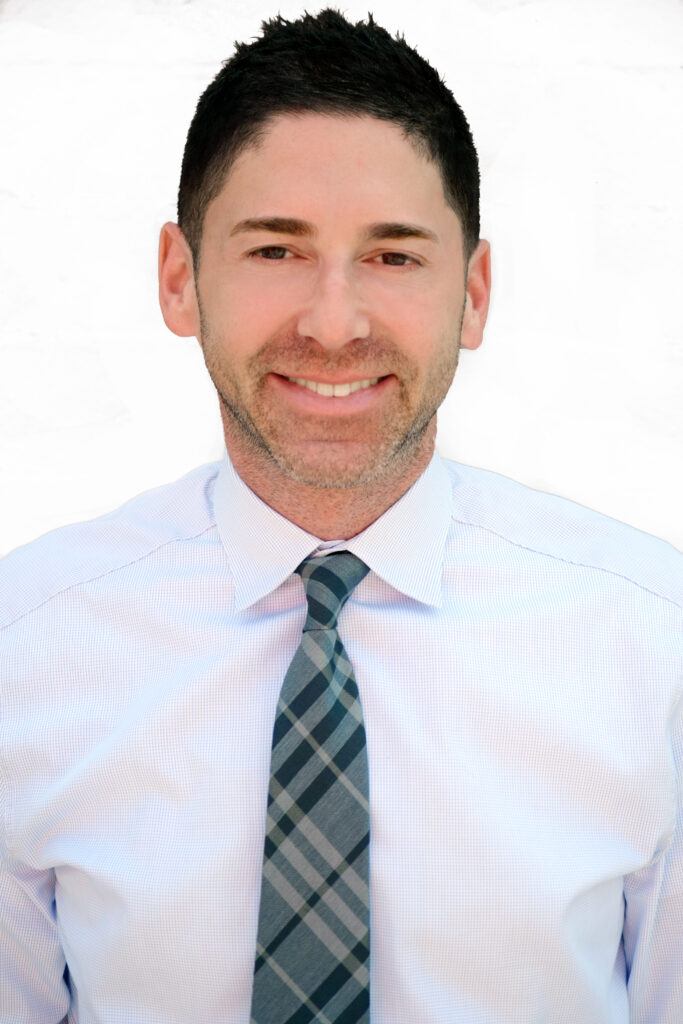
I am so excited to share this incredible conversation with Matt about his multitude of experiences in the nonprofit space. Matt’s story is the perfect example of how one seed of compassion turned into an inspiring life full of service. Matt is truly a ray of sunshine and you won’t want to miss our joyful and uplifting conversation.
Here are a few highlights from our conversation:
Charity Matters: Tell us a little about Your early philanthropic experiences?
Matt Kamin: So that is a really good question. And I also agreed, where does that come from? Why do we take on jobs that pay nothing for more stress and more pressure at work? So I think that my nonprofit passion, the love that I have for this space comes from my grandma.
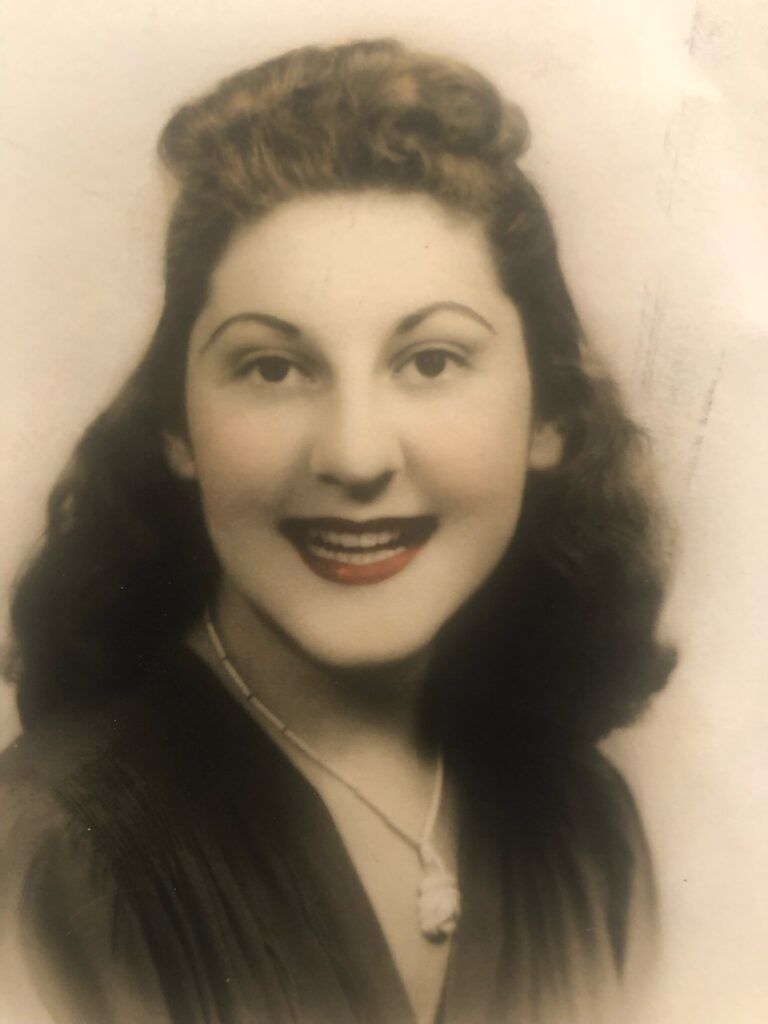
My grandmother was born with polio, and she moved to LA on her own with two kids. In the 1940s, she put together a booth at Santa Monica Pier. It was like a nickel and a dime machine and she saved her pennies. She saved and started investing in real estate. This is a woman in the 1940s in LA on her own and she grew this empire, this actual real estate empire. So first off, I’m just beyond impressed by this woman who, who was able to go and make all this happen for her family. right. And as a huge part of that, she gave back. I would tell you, like 25% of whatever it was that she made, she gave back to nonprofits.
As a child, she used me to raise money. I remember I think the first thing that I ever did was I helped auction off a car. One of her nonprofits was selling a donated car and she used me a six-year-old to sell tickets. That was my first taste and watching her do it and that was it. She also inspired my mom and my dad to also give back they chaired nonprofits as well. So in college when I came out, that was the time, and it was like, Okay, this is time for me.
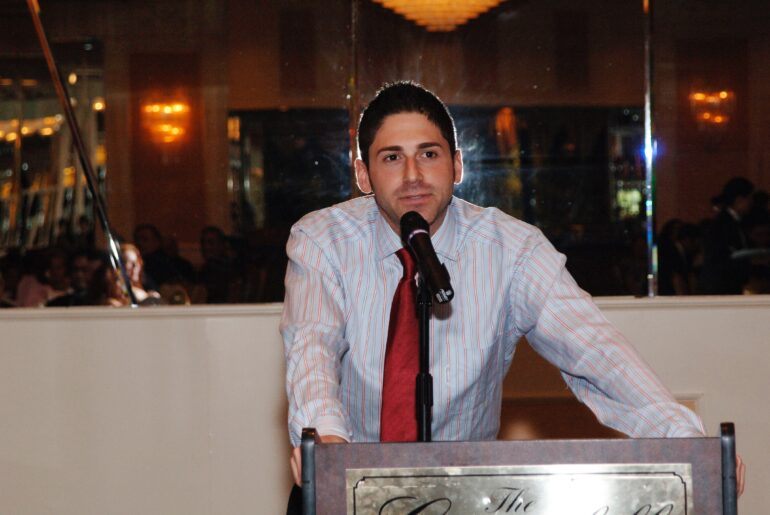
Charity Matters: What was the moment you knew you needed to act and start Your first Nonprofit?
Matt Kamin: I volunteered at the time it was called the Gay Lesbian center. What we did was we went out on the weekends and talked to kids who were basically selling themselves in the park. The first kid that I talked to, had been kicked out of his home. I remember looking at him, he was my age and he was on all the drugs you can possibly be on. He had a pimp and he was trying to make money in prostitution. I remember saying to myself, how did I get so lucky? And that was it. That was the switch and when I said this is my life. And so I started a nonprofit at UCLA to bring support networks for gay kids at college. And that’s how my nonprofit career started.
I’m very proud of that college nonprofit because it still exists. They have a multi-million dollar budget, and it’s an international nonprofit.
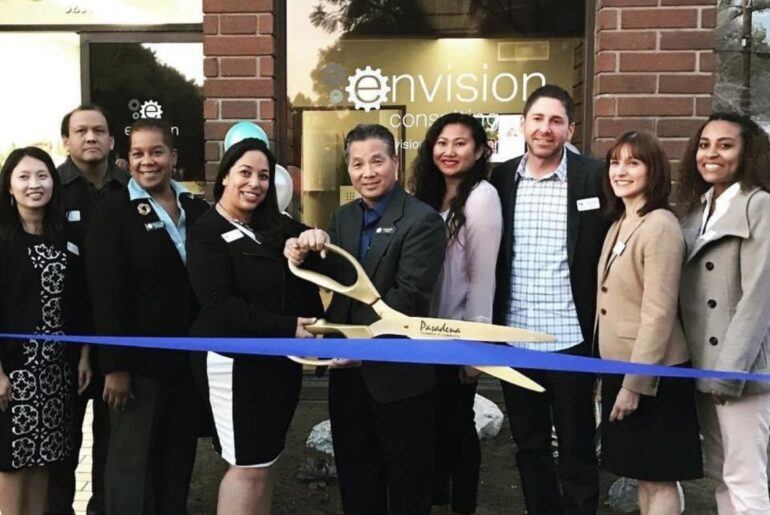
Charity Matters: Now that you are helping nonprofit Founders, What are the biggest challenges you see?
Matt Kamin: Envision Consulting does both strategy and searches for nonprofits. That’s all we do. So it’s half strategy, half recruiting. On the strategy side, strategic plans, board retreats, mergers are huge things right now. Then on the search side, it’s recruiting for C suite individuals.. I’ll give you an example. I have a friend who started a nonprofit. And, she has over the last few months, been losing faith in her organization, because she was not able to find the people to fundraise period. She’s been like beating her head against the wall trying to figure out what to do. And so we’ve, we’ve had many conversations about what she can do.
What I will say is most important is when you run a nonprofit is that it’s lonely at the top. You have to fundraise, you have to meet the budget, you have to report to your board of directors who are all volunteers. You have to deal with your staff, you have to deal with all kinds of things and especially in COVID, it’s been impossible. Loneliness at the top is what I will tell you is the most challenging part of being an executive director and a founder.
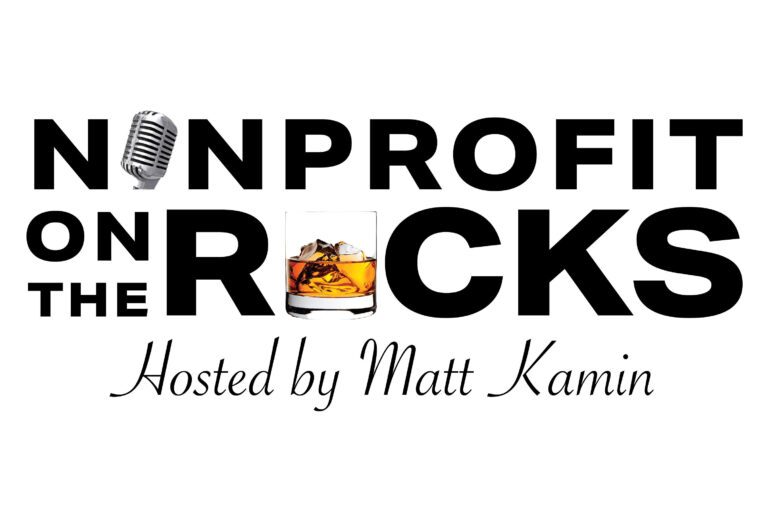 Charity Matters: What fuels you to keep doing this work?
Charity Matters: What fuels you to keep doing this work?
Matt Kamin: We’ve been talking about this whole year. How do we keep going? How do we stay motivated? It’s hard and the honest answer is there are days that I just want to be done. But it’s really remembering why I do this at the end of the day, why it’s worth sometimes being yelled at by a client, right?
I’ll give you an example of what makes me so happy. We placed a CEO at a domestic violence shelter. We found her. She not only grew the organization but also received a grant for $5 million and just acquired another domestic violence shelter. So now they’re serving that many more victims of domestic violence. Big Wow. She is spectacular in every which way, but that is something that wouldn’t have happened if it wasn’t for us. So I may not be running a homeless shelter anymore. I may not be making those direct impacts on people’s lives. But she is and she wouldn’t have had that job and be doing this great work if it wasn’t for us.
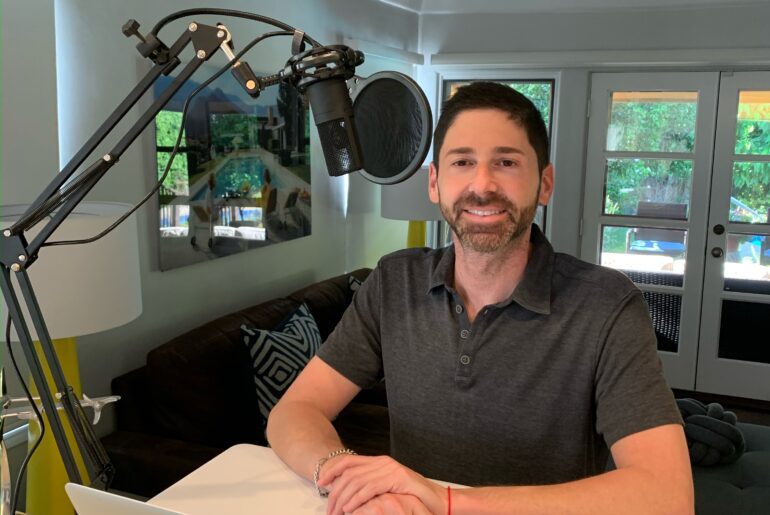
Charity Matters: What life lessons have you learned from this experience?
Matt Kamin: This country’s become like the rest of the world, we’ve gotten ugly and we’re all politically just so divided. We can all get together no matter where you are, no matter who you are and we can volunteer at a soup kitchen to give out food to people who are hungry. Right, we can all do that? I think that it’s really important for us in the nonprofit space and for us all to think about giving back.
The thing to remember is, there’s always going to be somebody who has more, but there’s also always going to be somebody who has less. And so what gets me going is remembering that and giving back. I can always work harder to get the nicer car, or whatever it is, but I always try to remember why I did this, to begin with. I think that’s really important.
At the end of the day, that’s what my grandmother has taught me. You get to where you need to be in life and then don’t forget it. Don’t forget. Remember how lucky you are to give and give back regardless of where you are.
CHARITY MATTERS.
New episodes are released every Wednesday! If you enjoyed today’s episode, please connect with us:
- www.Charity-Matters.com
- On IG @Charitymatters
- Post a screenshot & key takeaway on your IG story and tag me @heidijohnsonoffical and @Charitymatters so we can repost you.
- Leave a positive review on Apple Podcasts
- Subscribe to new episodes each week!
YOUR REFERRAL IS THE GREATEST COMPLIMENT, IF YOU ARE SO MOVED OR INSPIRED, WE WOULD LOVE YOU TO SHARE AND INSPIRE ANOTHER.
Copyright © 2022 Charity Matters. This article may not be reproduced without explicit written permission; if you are not reading this in your newsreader, the site you are viewing is illegally infringing our copyright. We would be grateful if you contact us.

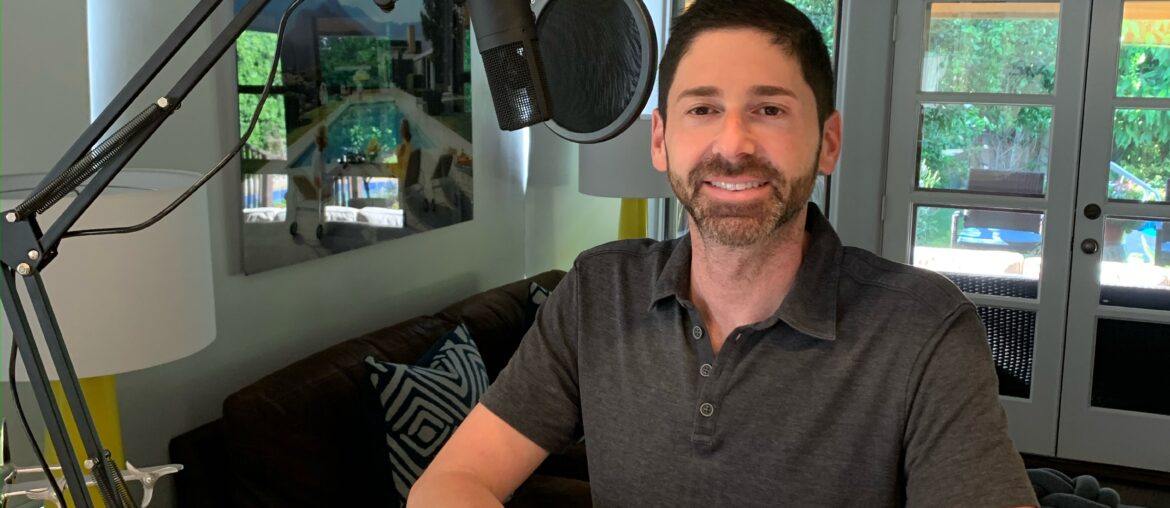


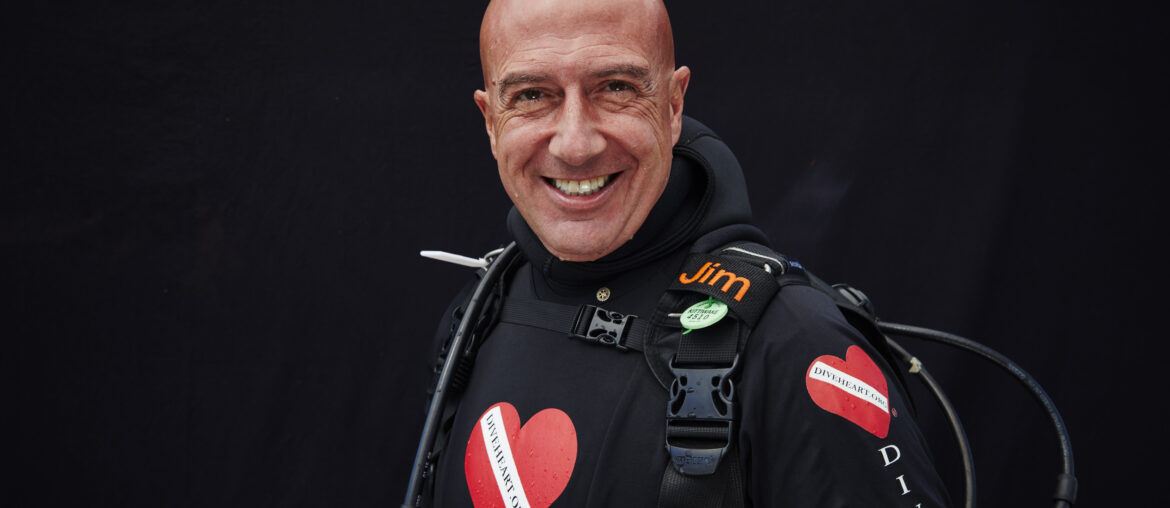
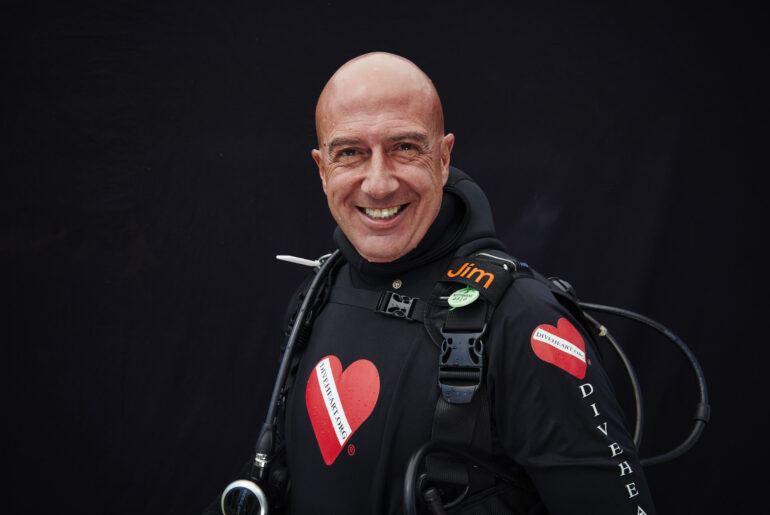
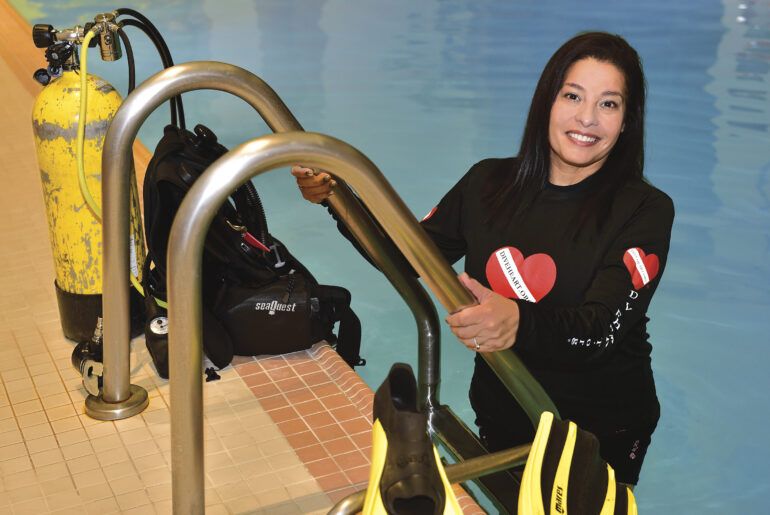
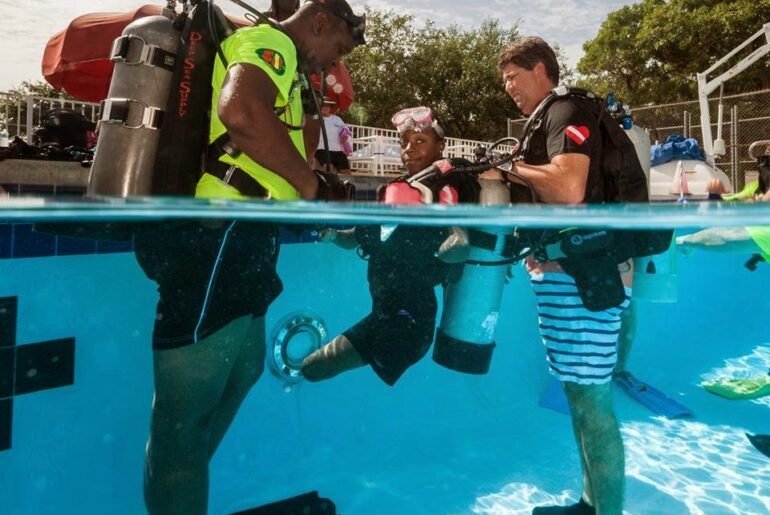
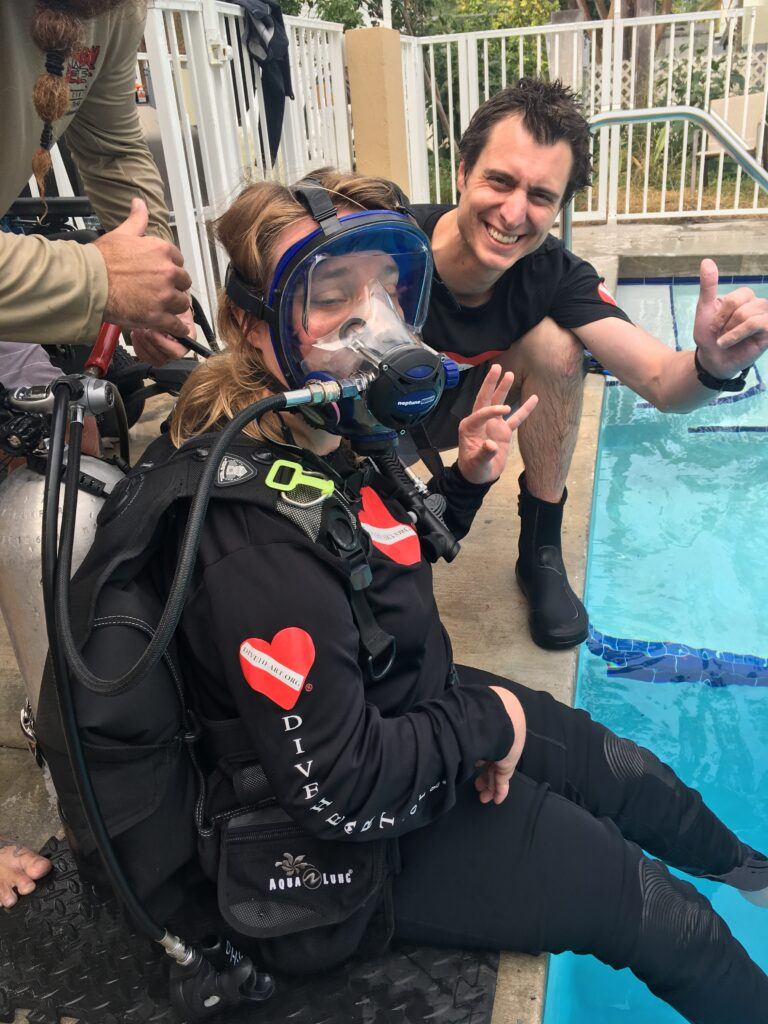
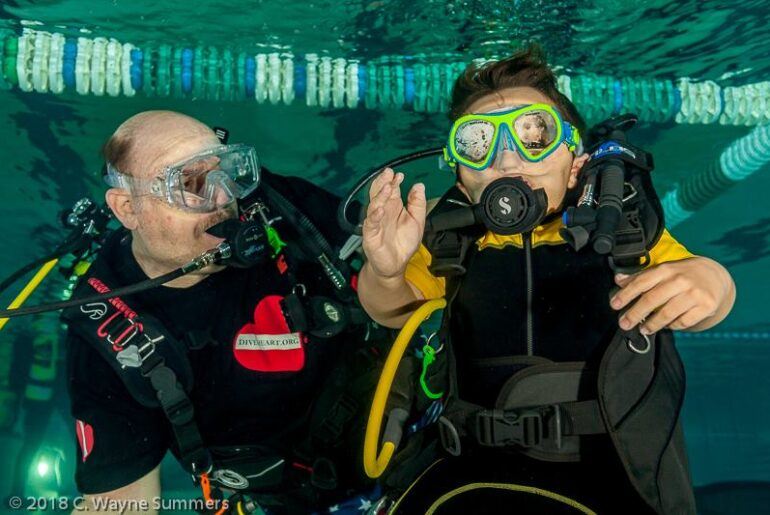
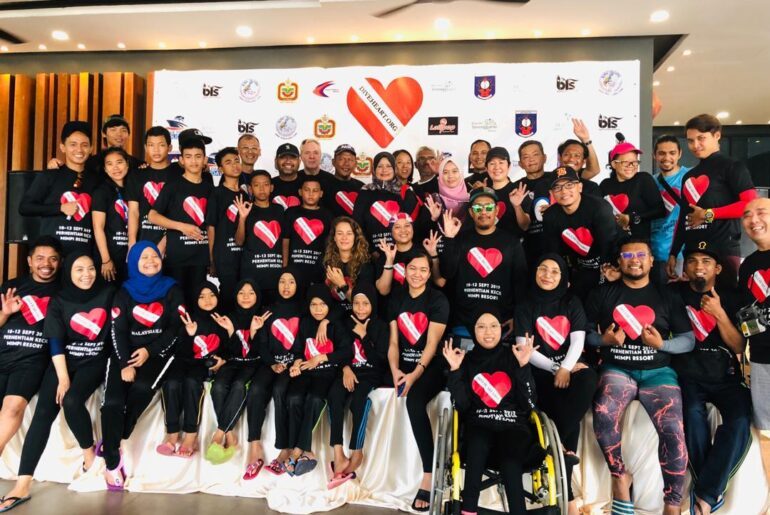
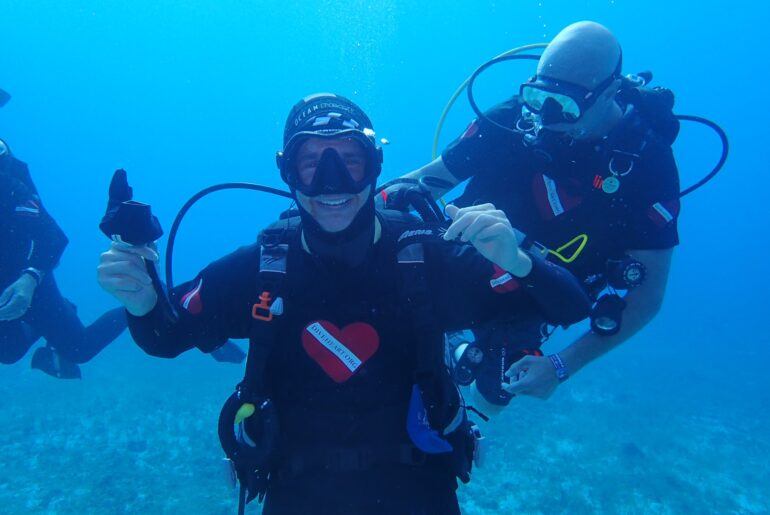
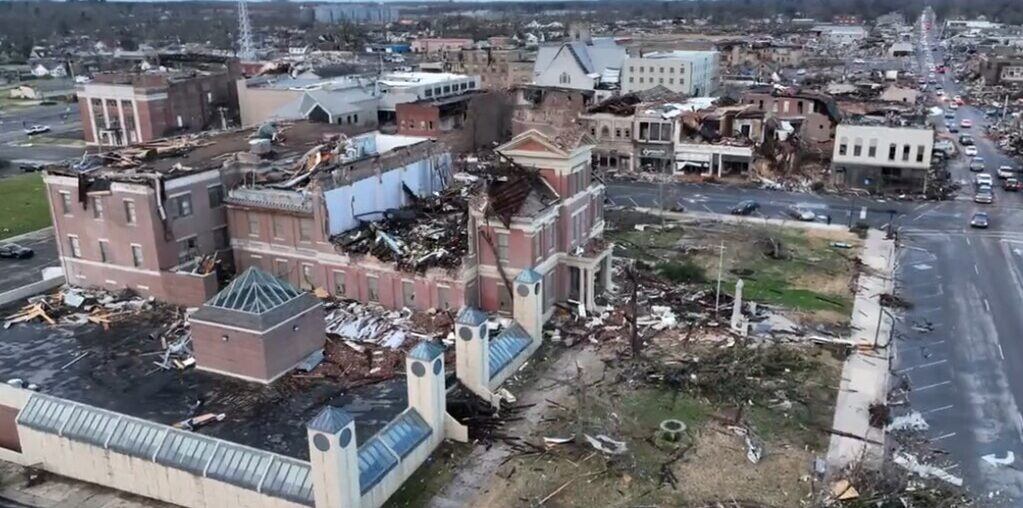
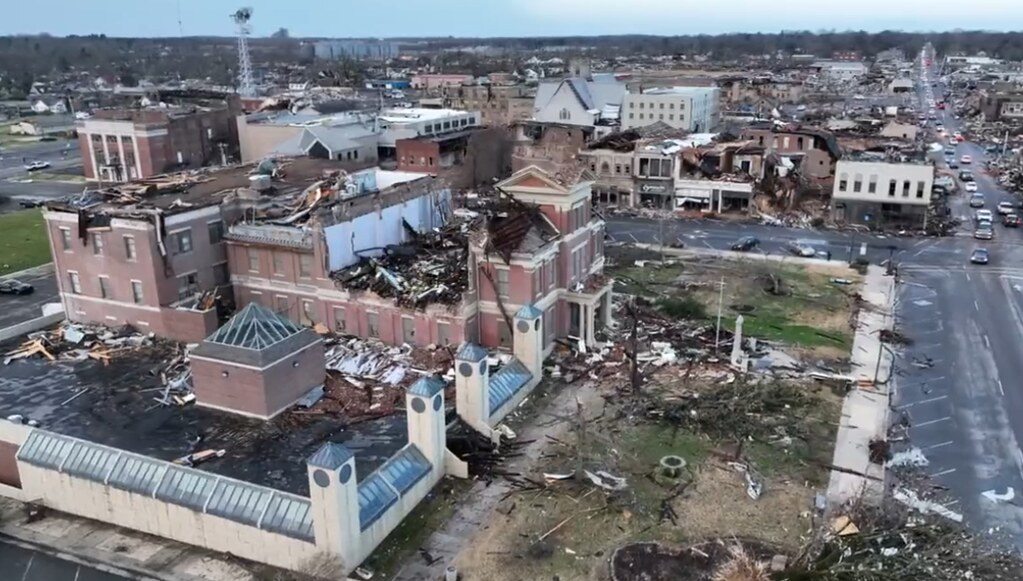
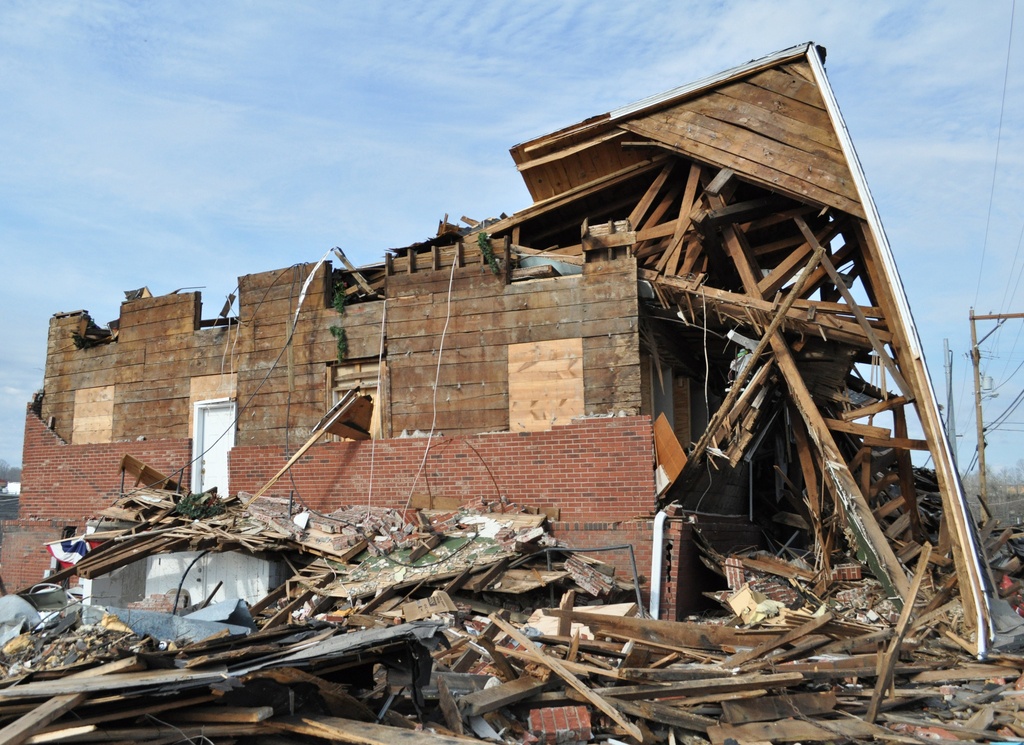
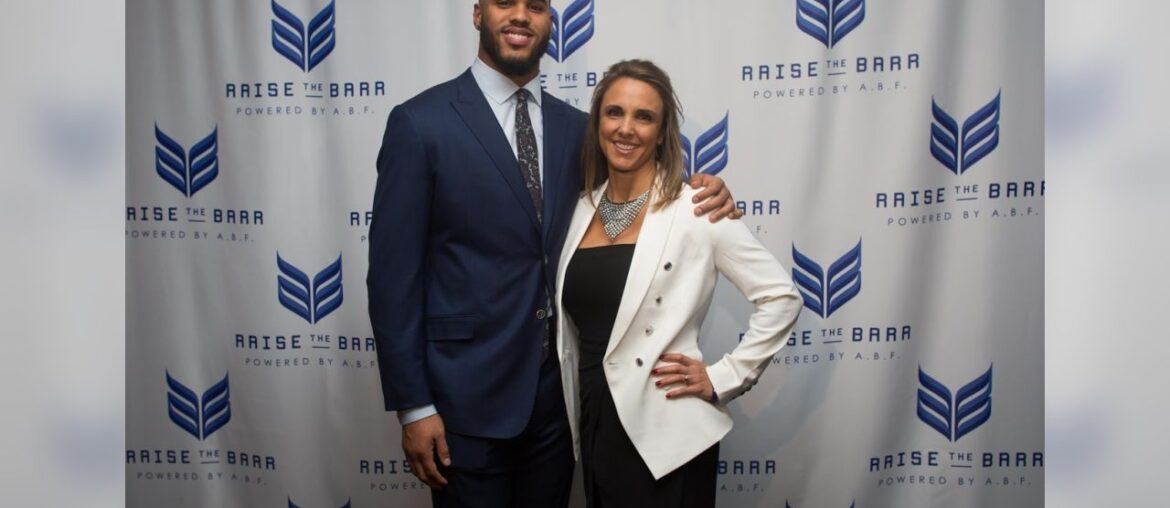
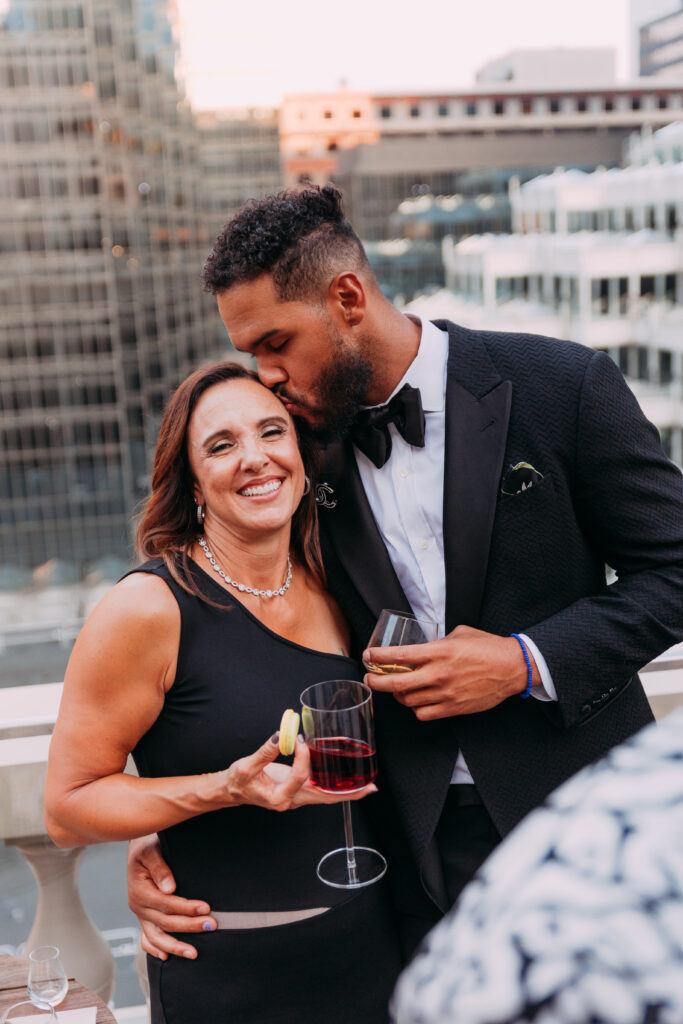
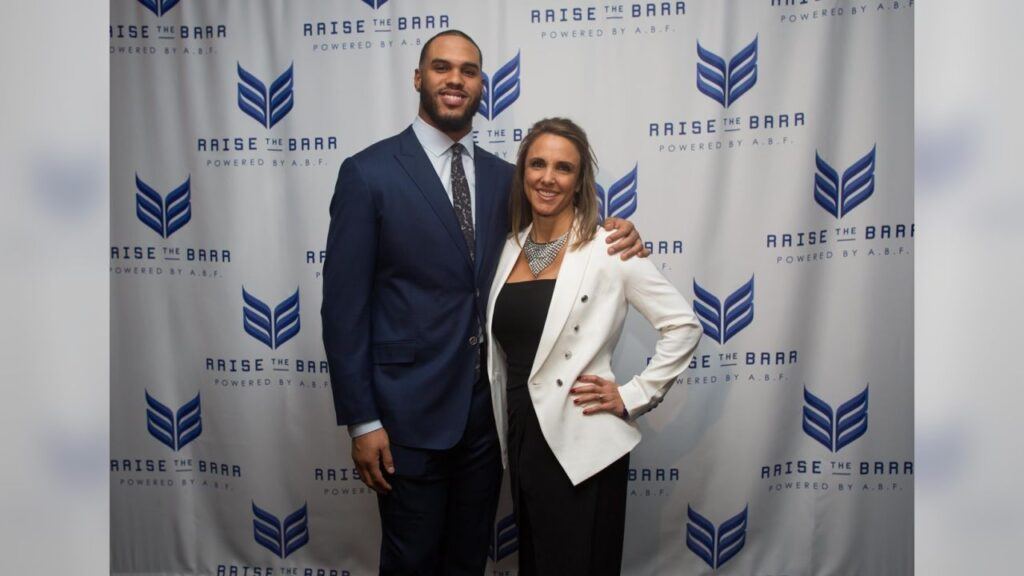
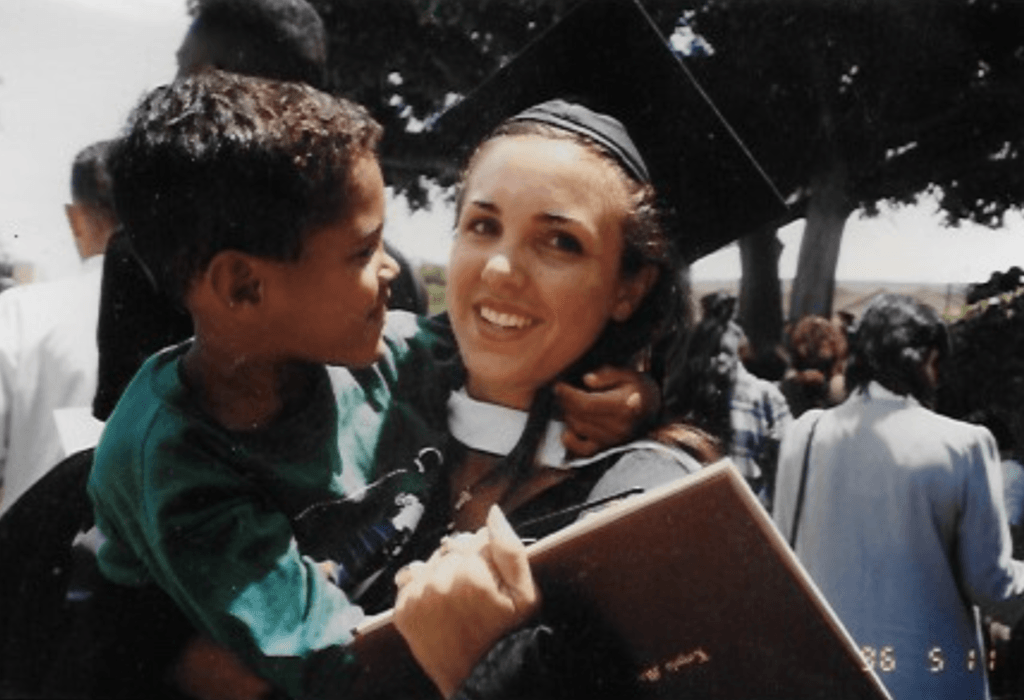
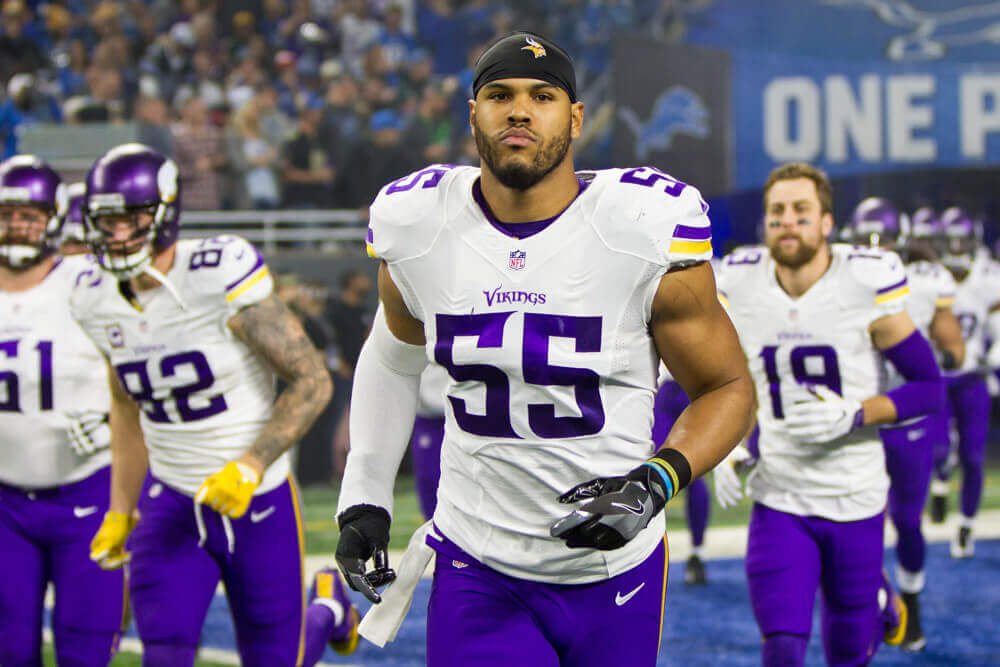
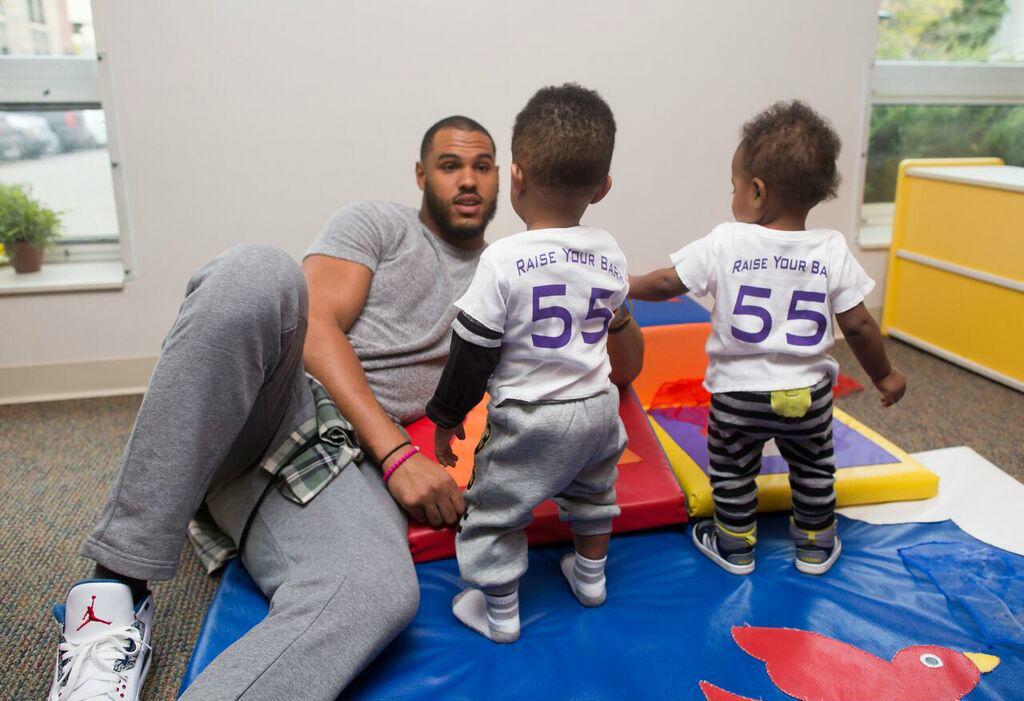
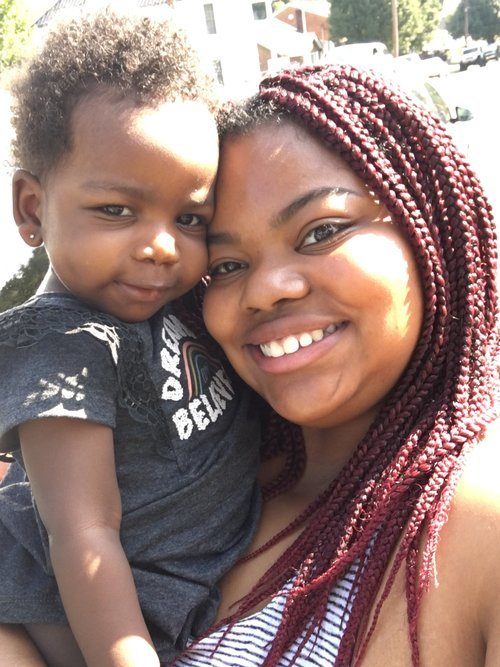
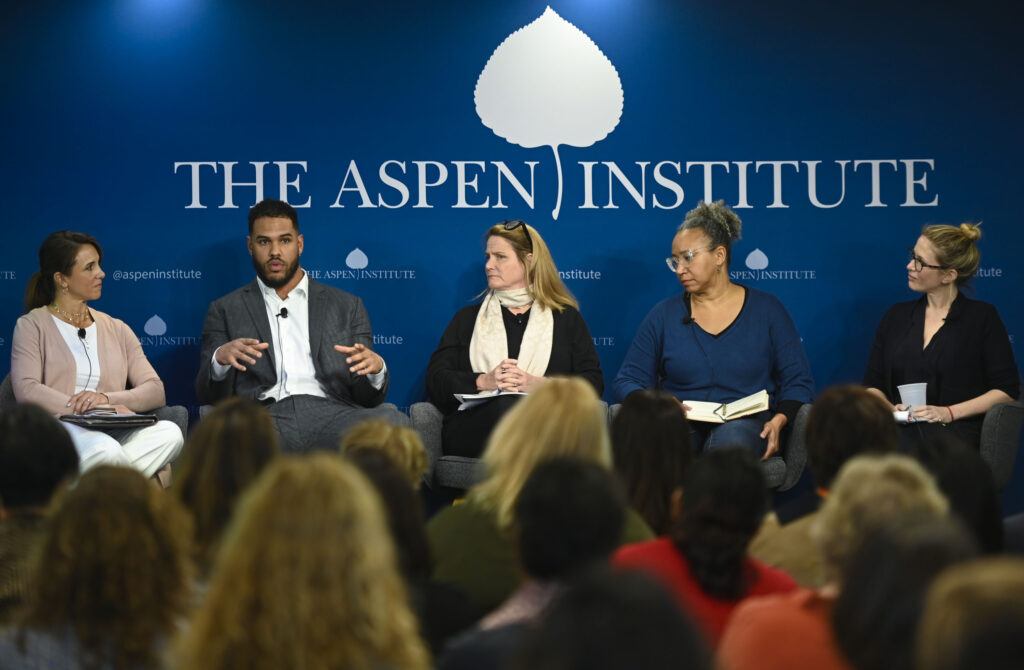
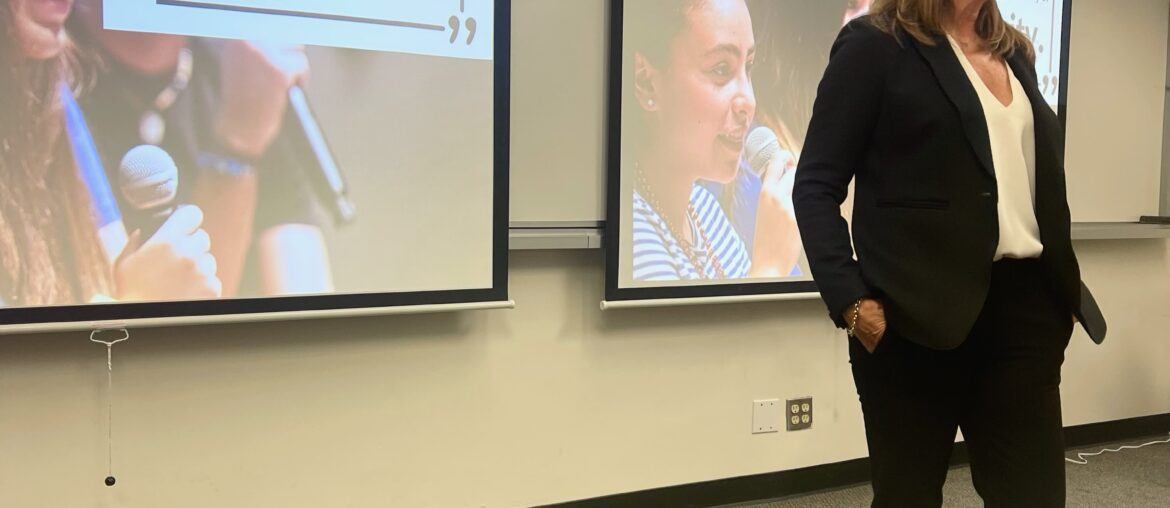
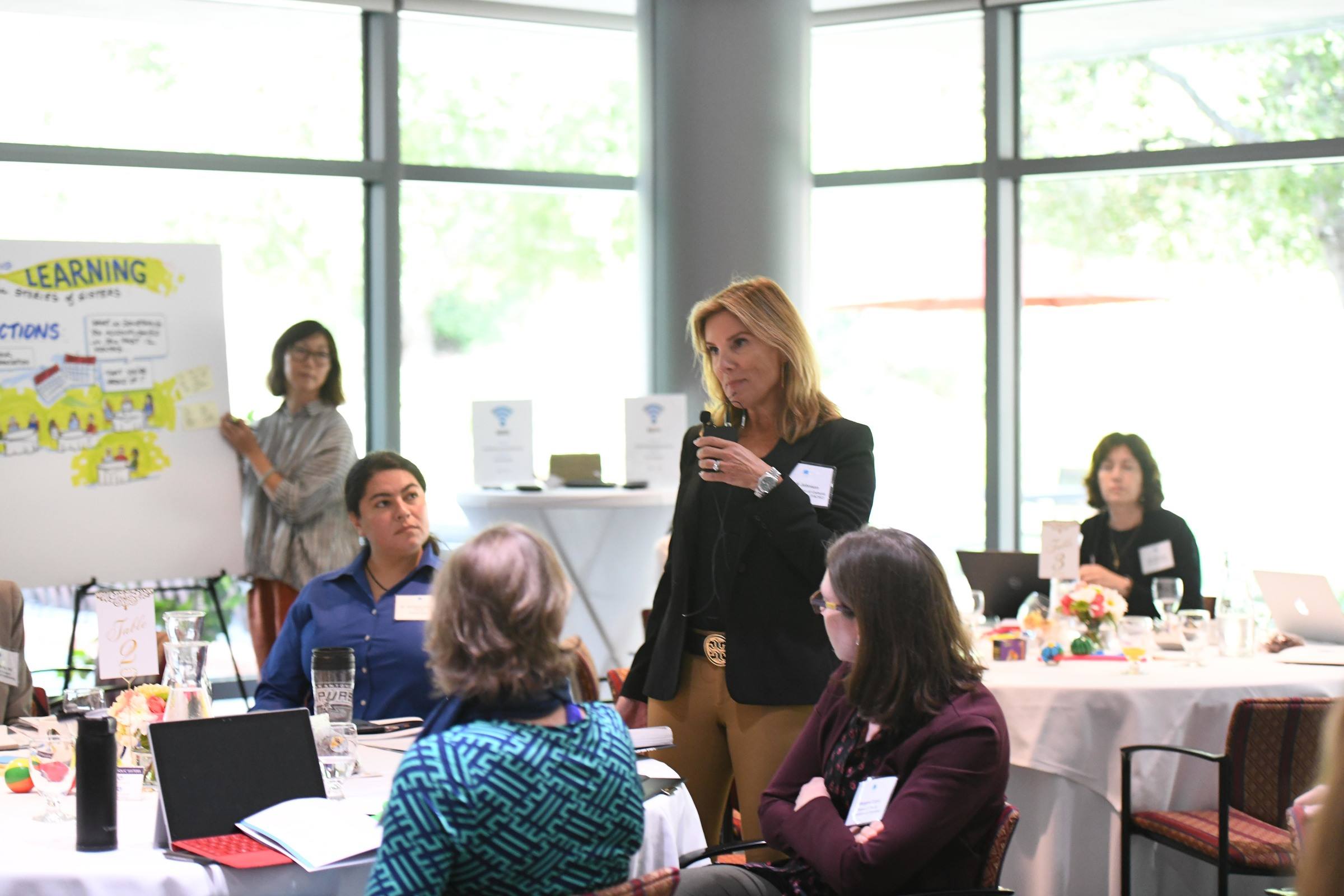
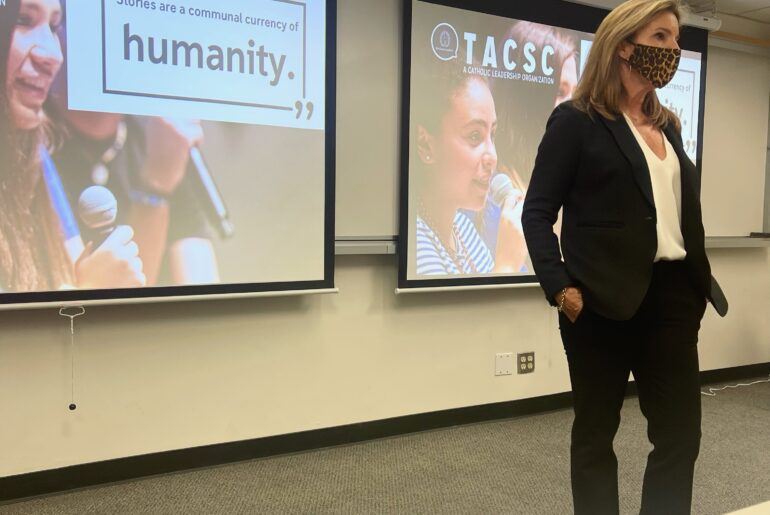
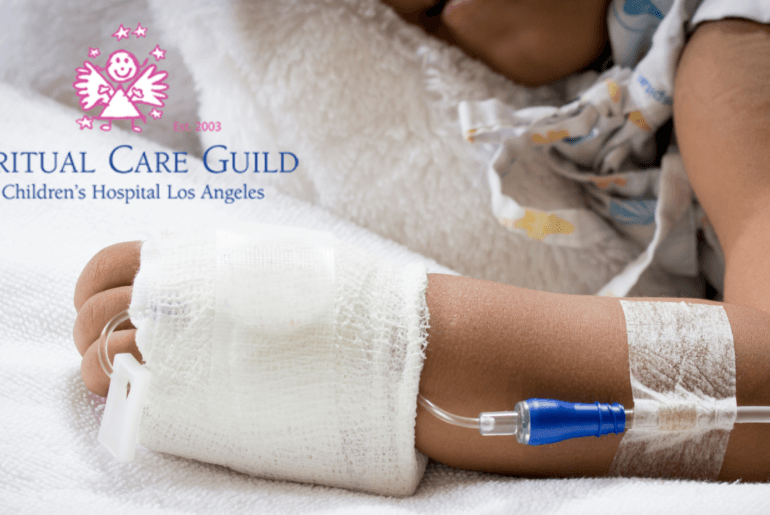

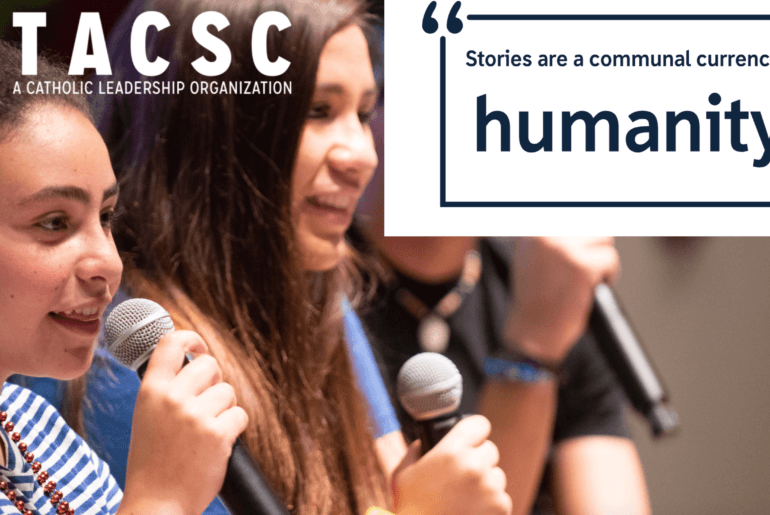
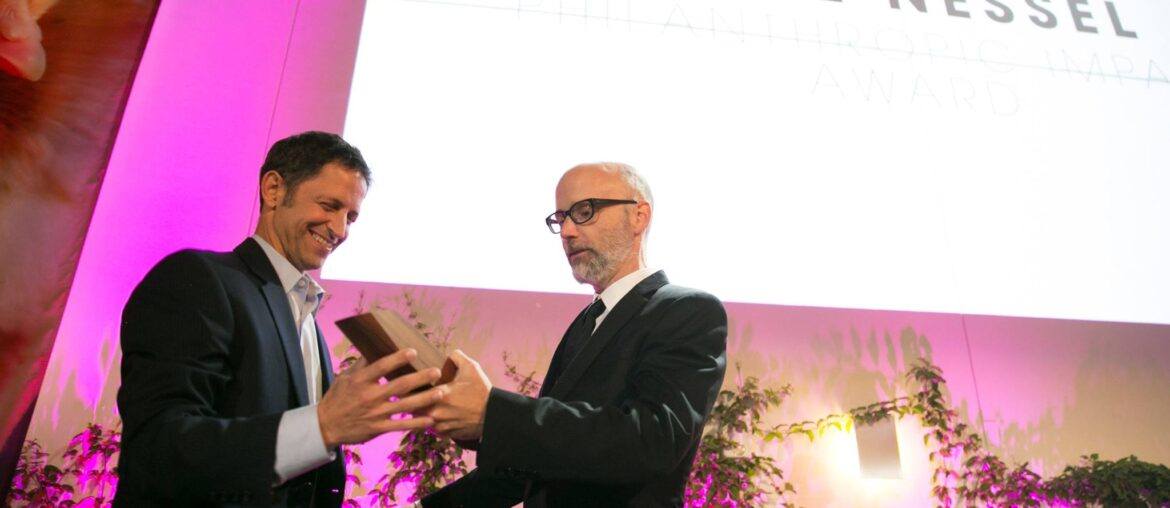
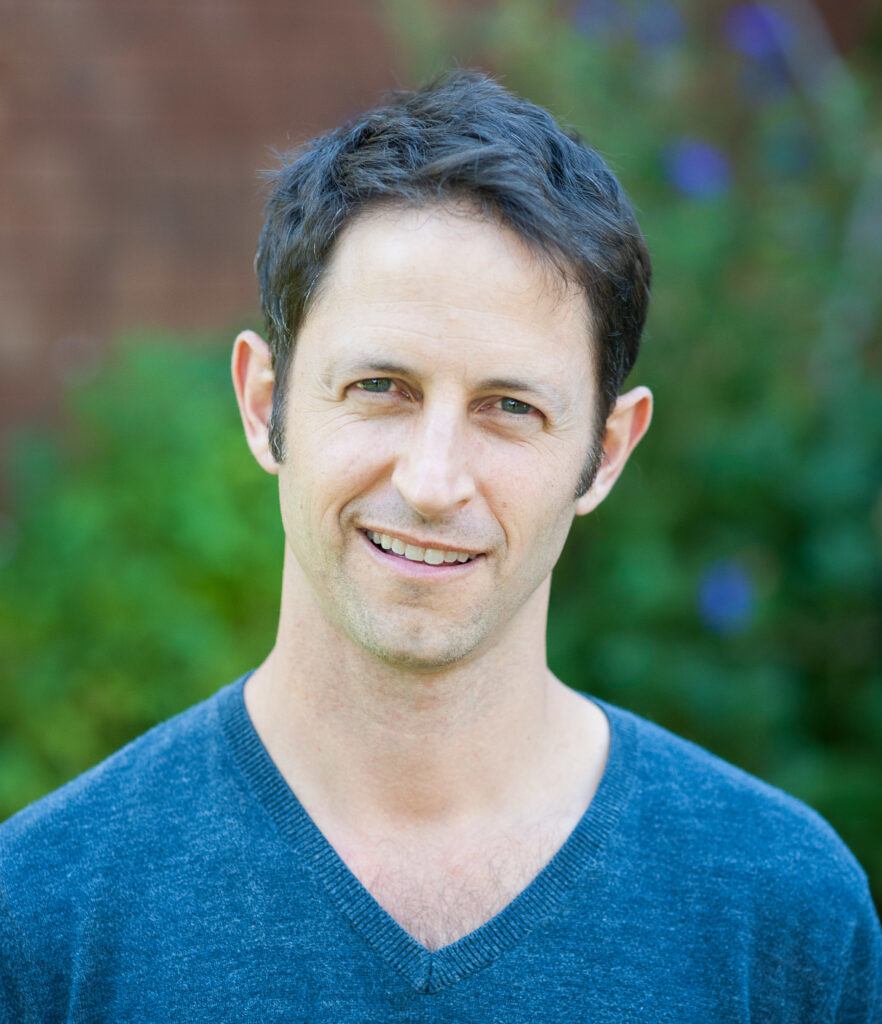
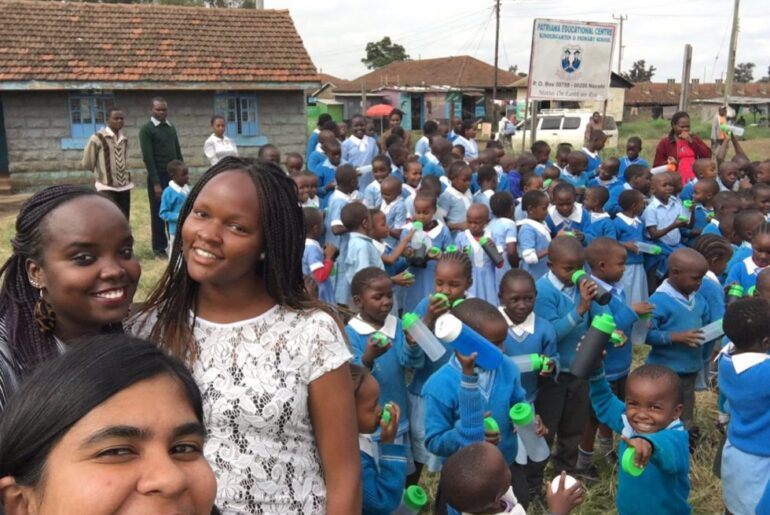
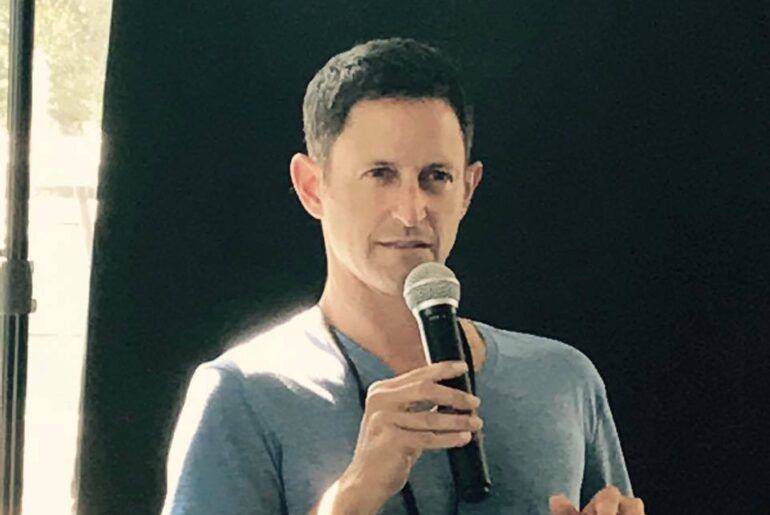
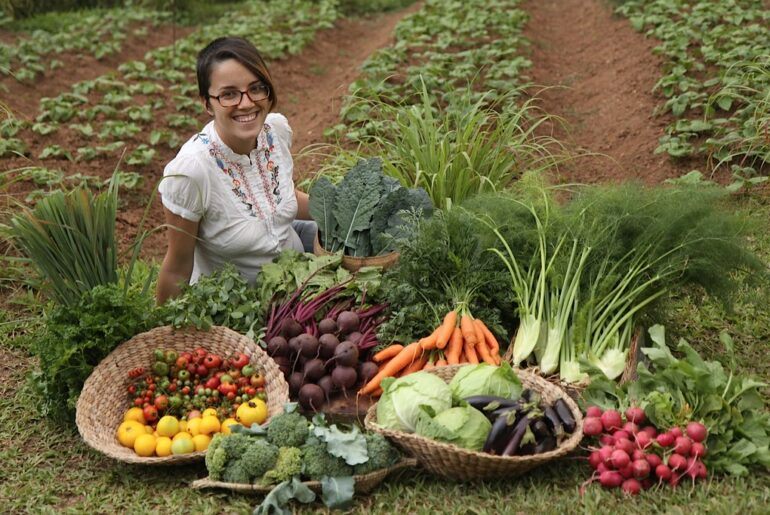
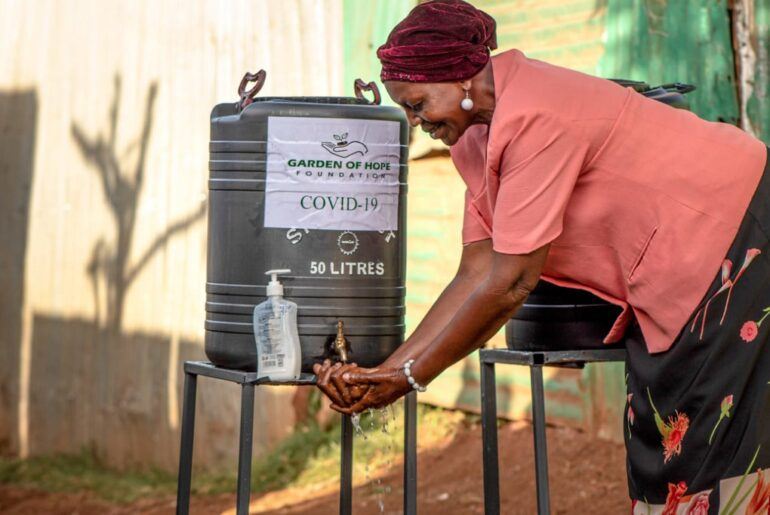
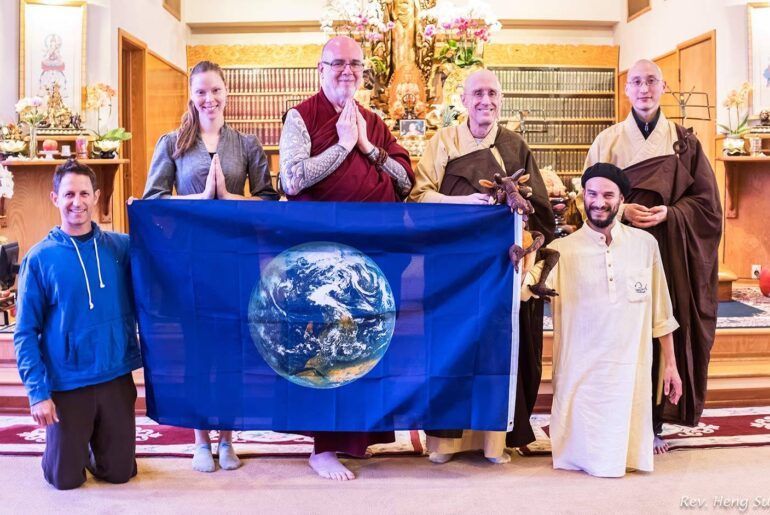
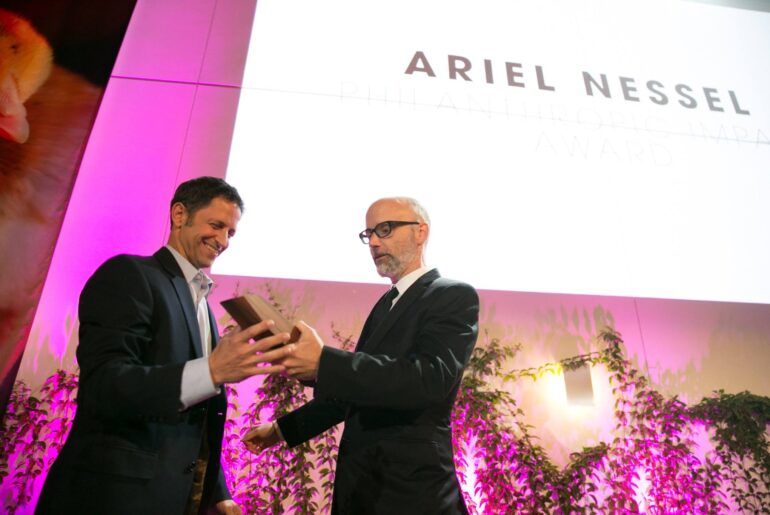
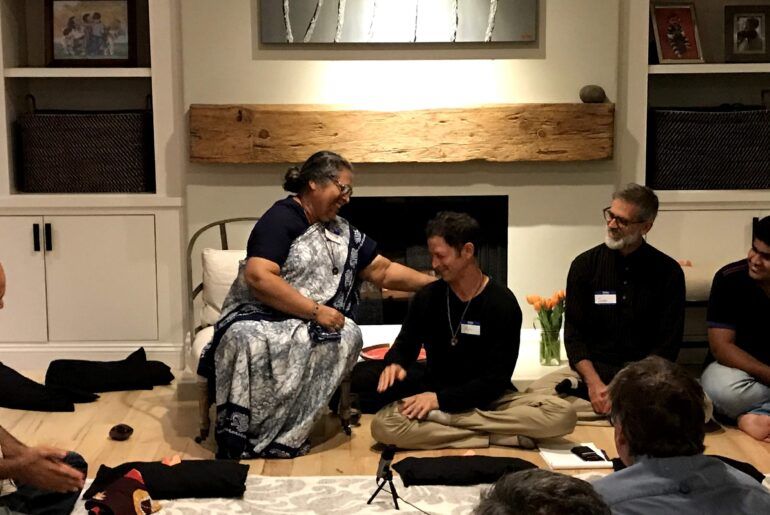
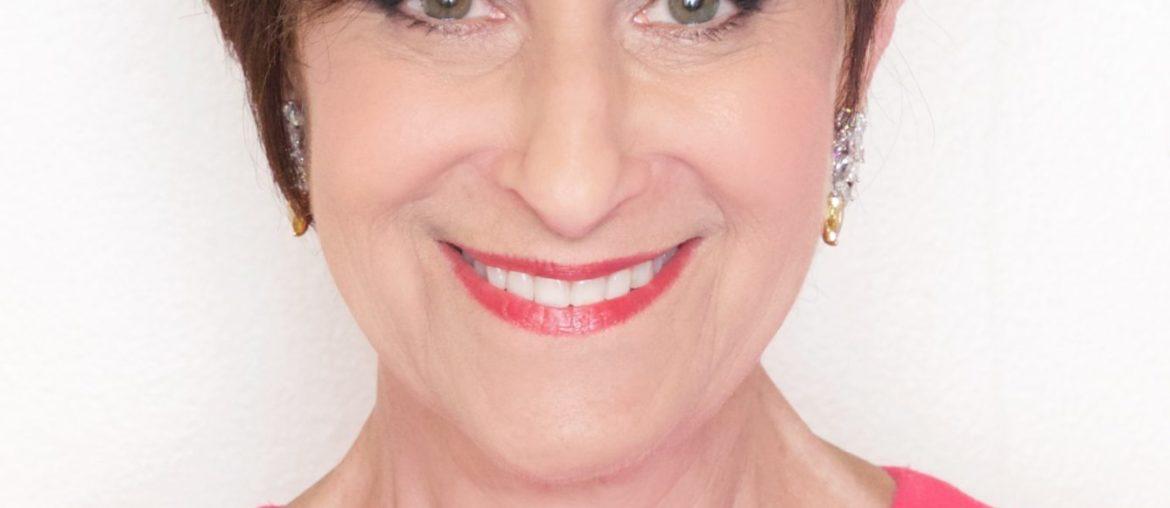
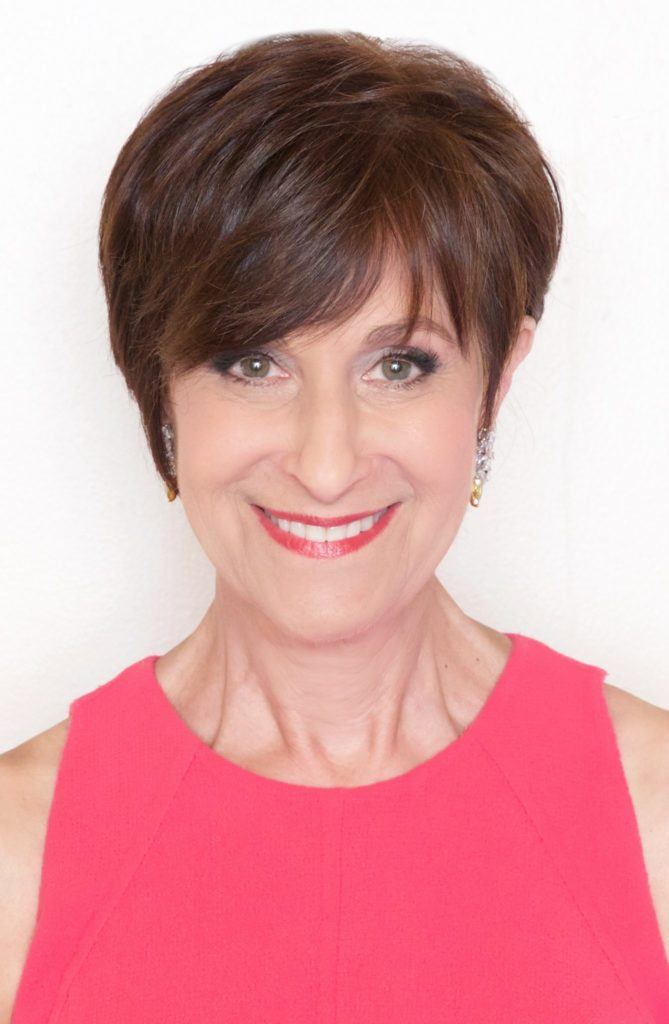
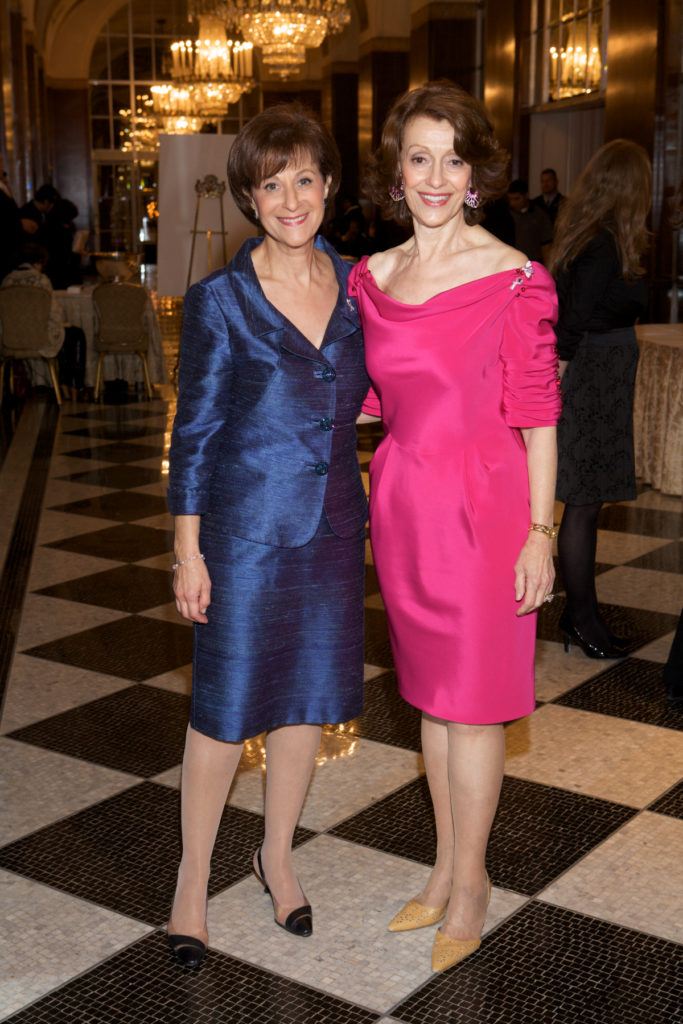
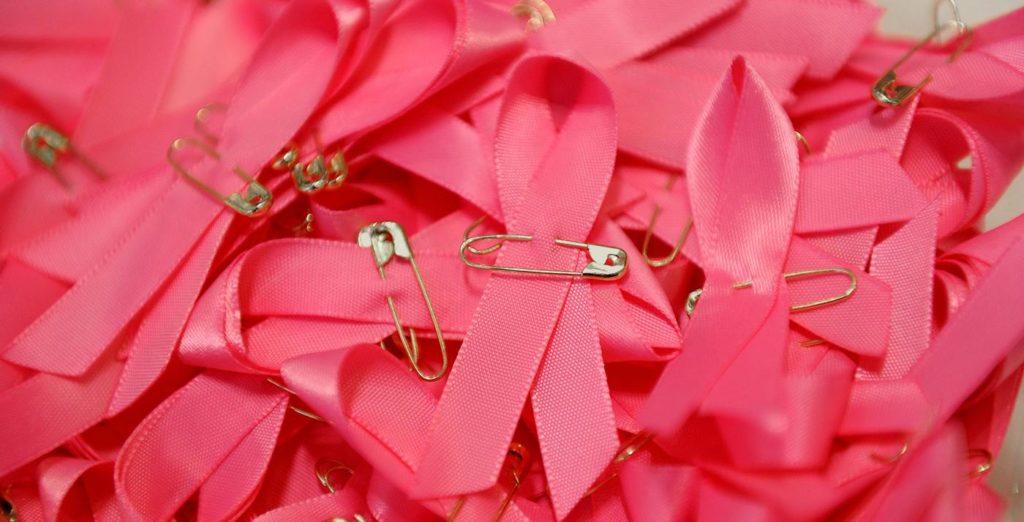
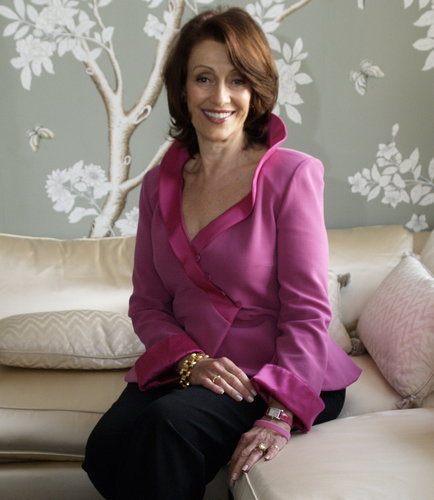
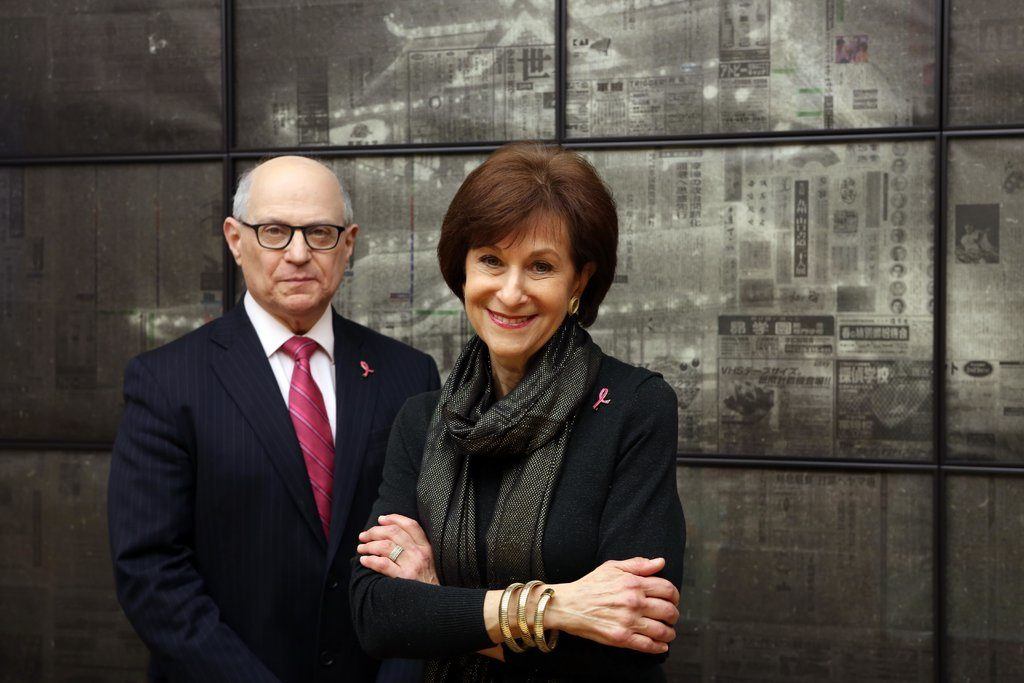
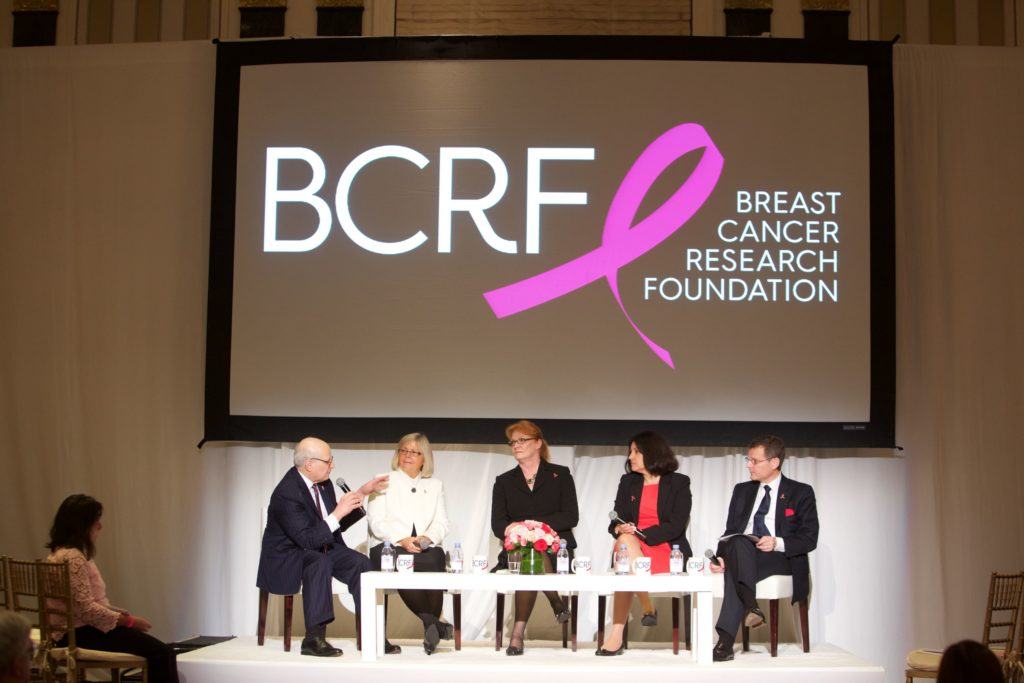
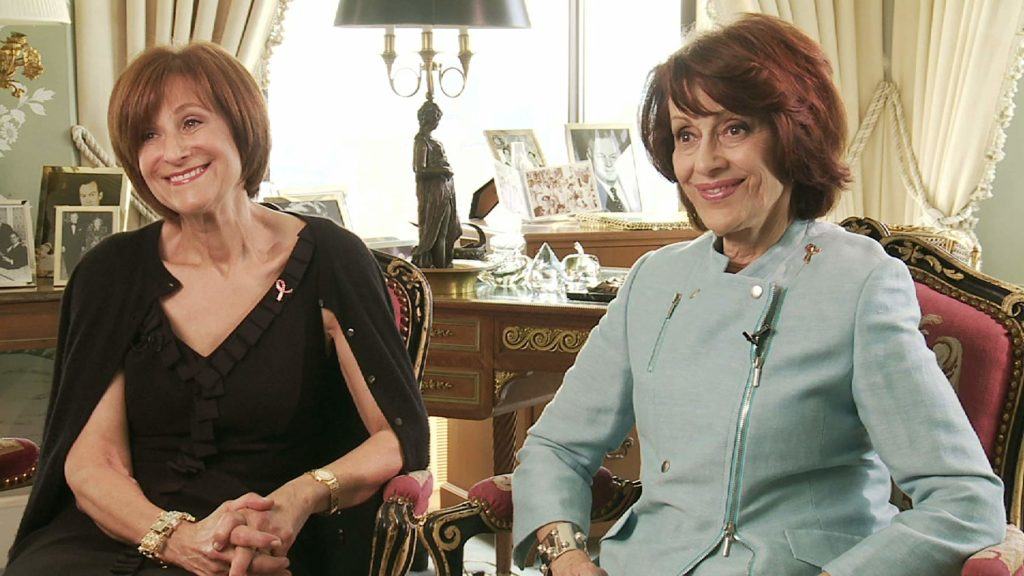
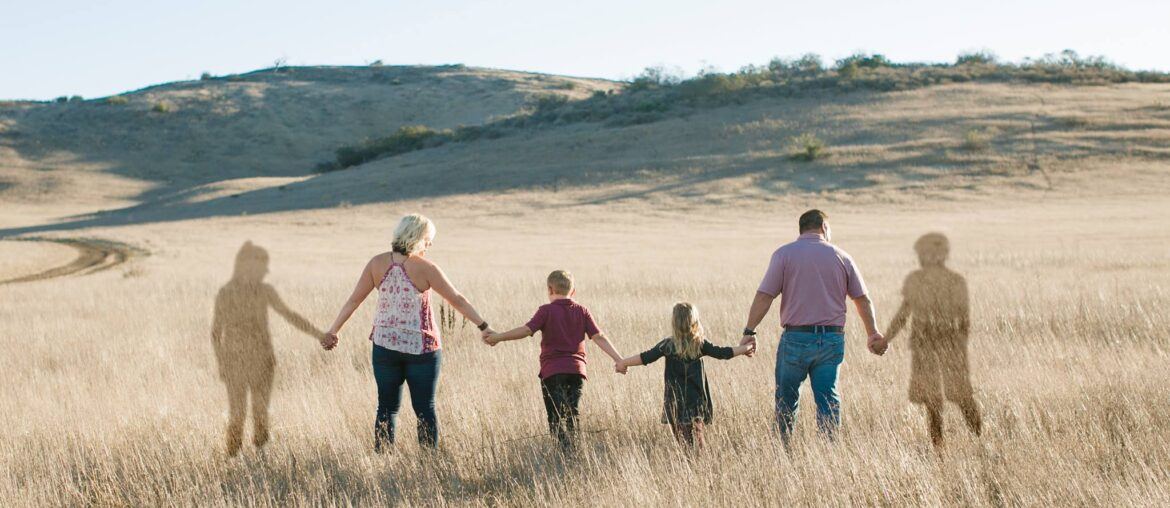
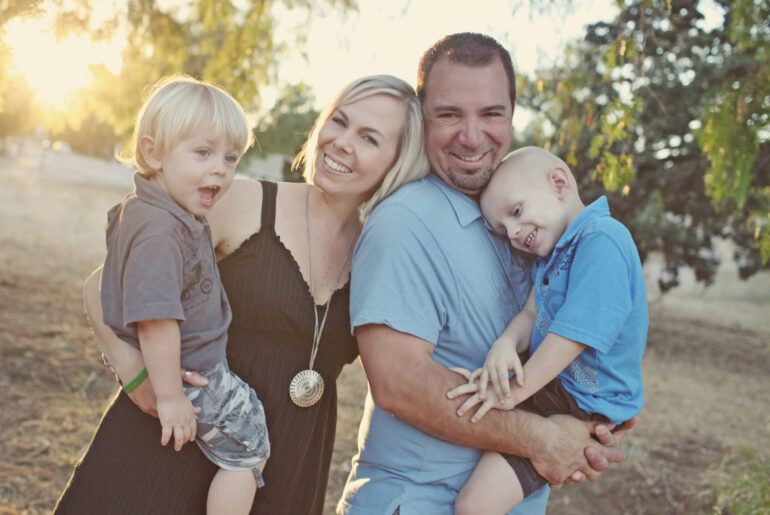
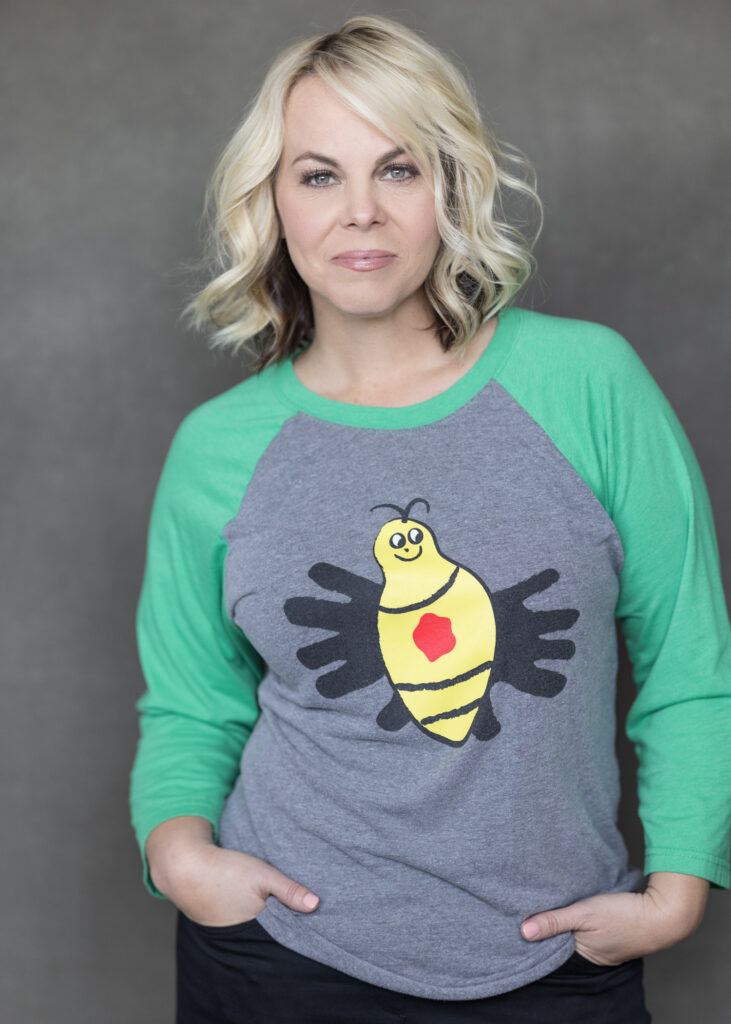
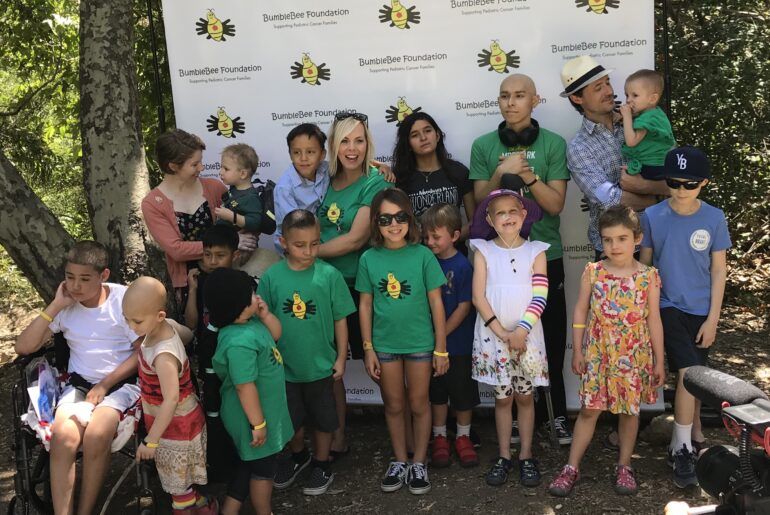
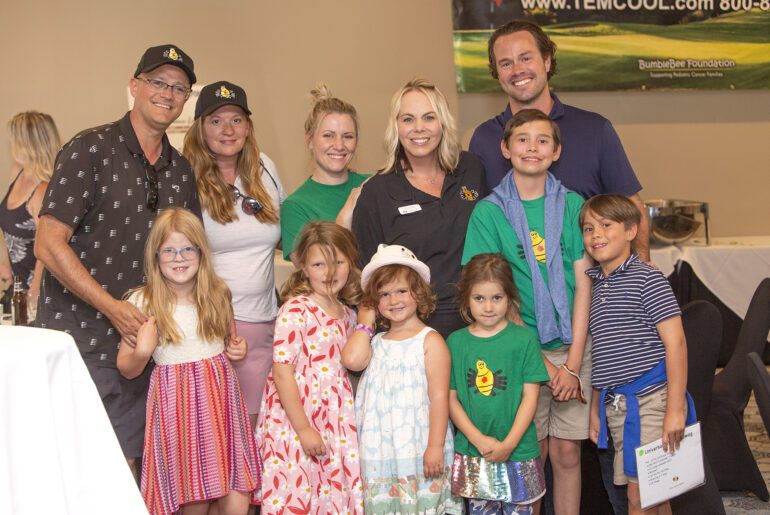
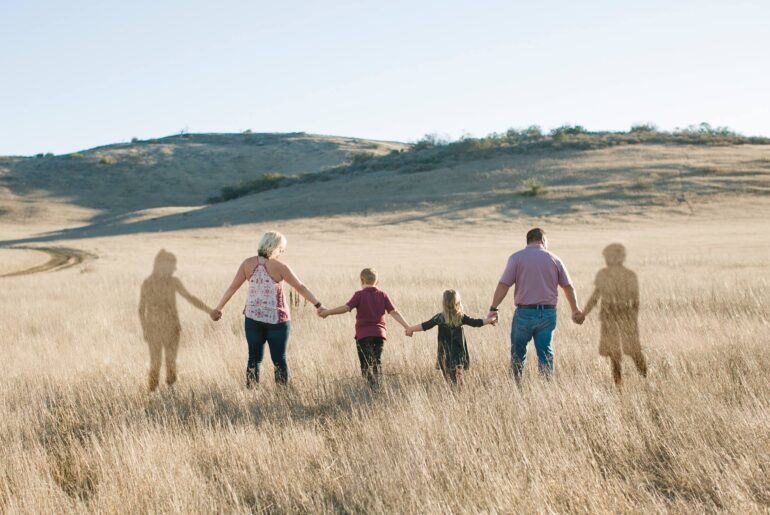
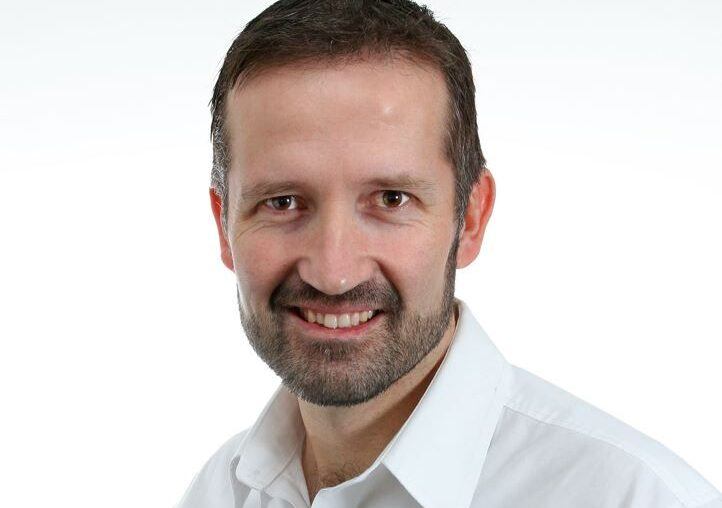
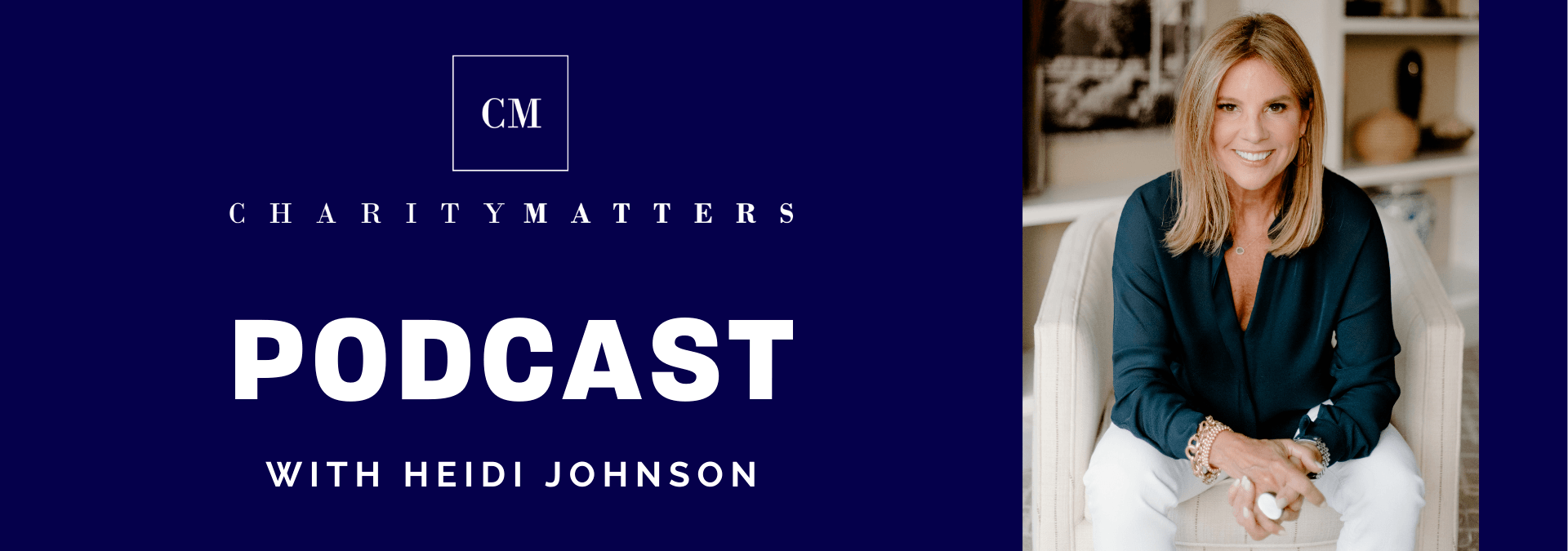
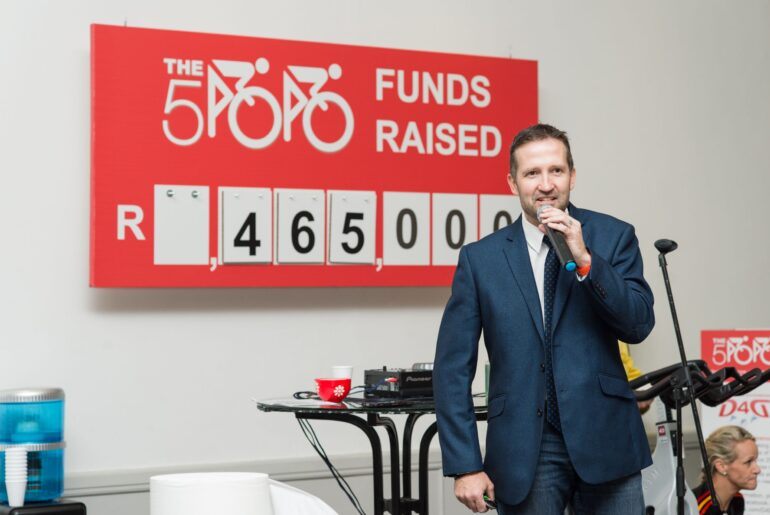
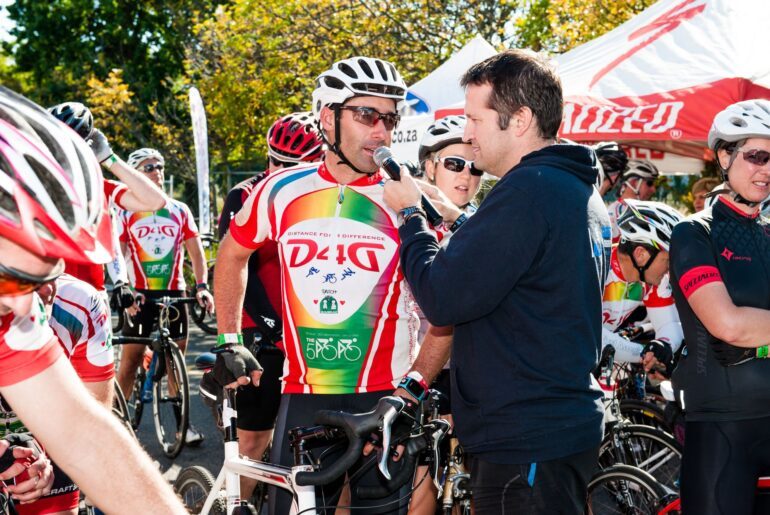
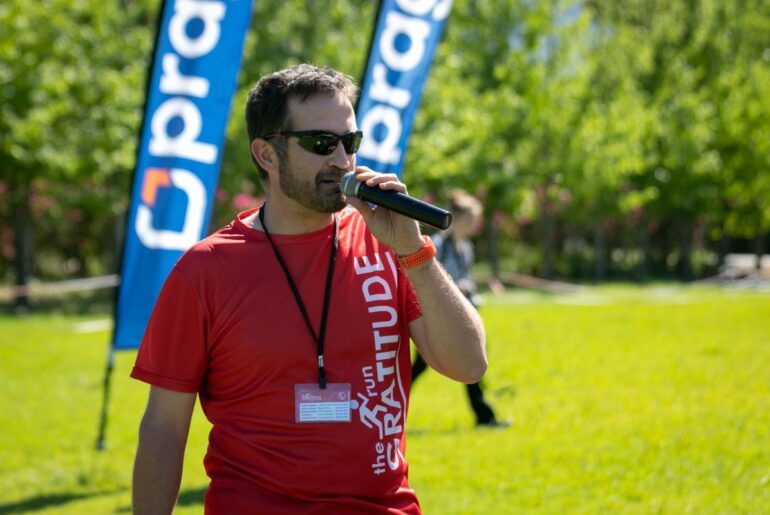
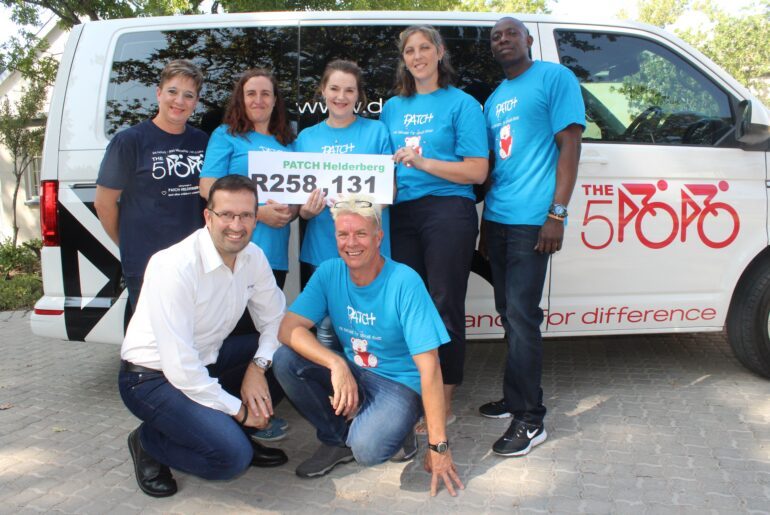
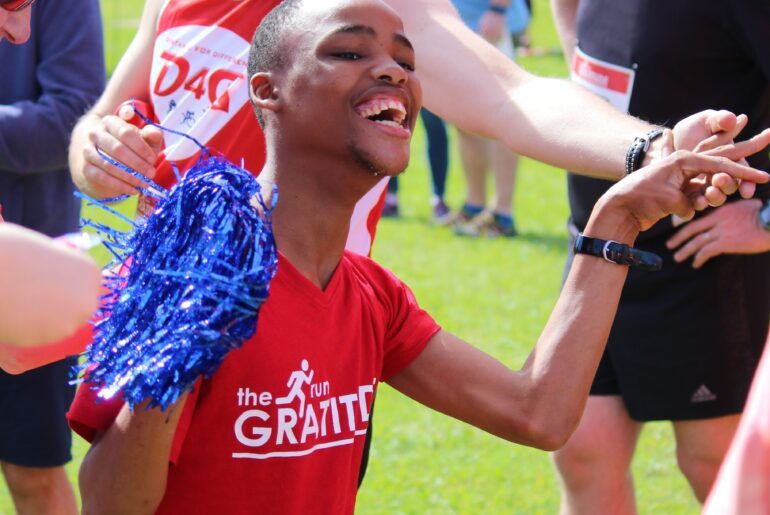
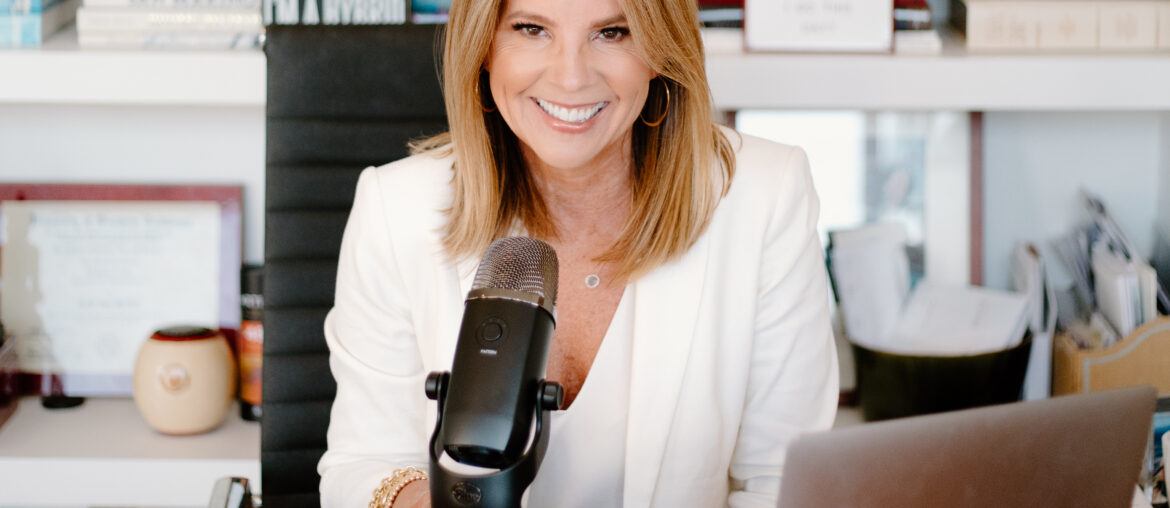

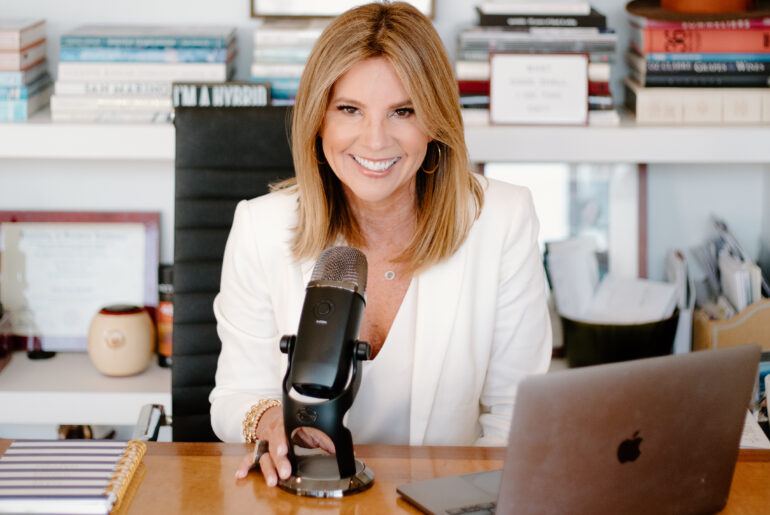
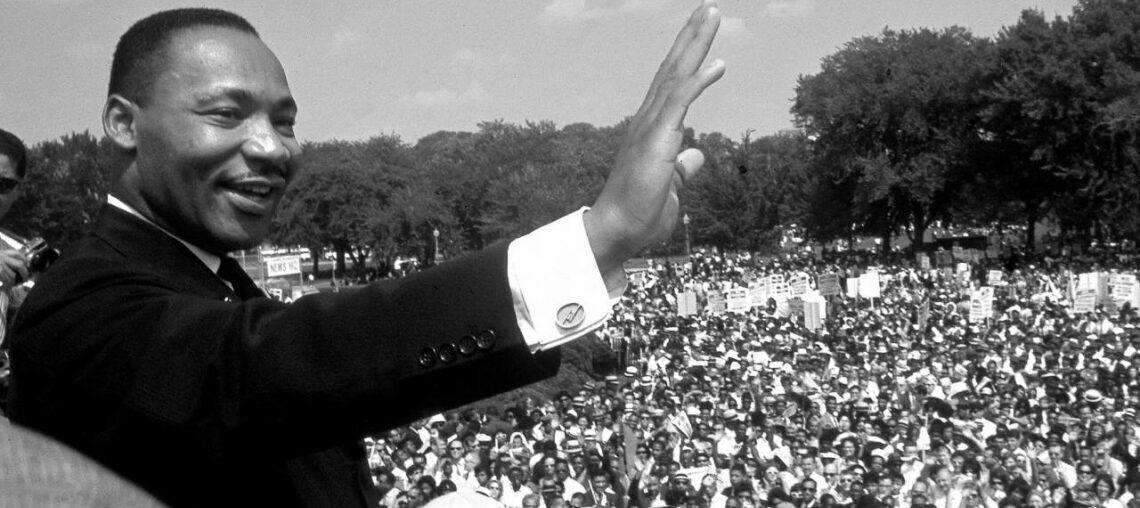
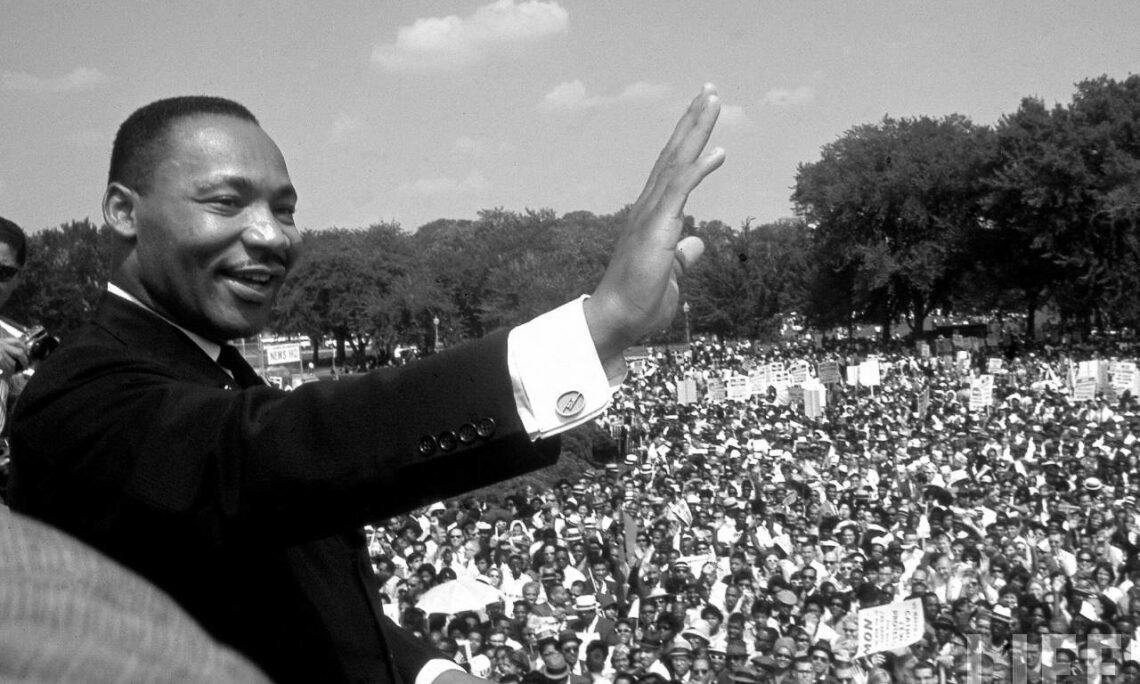
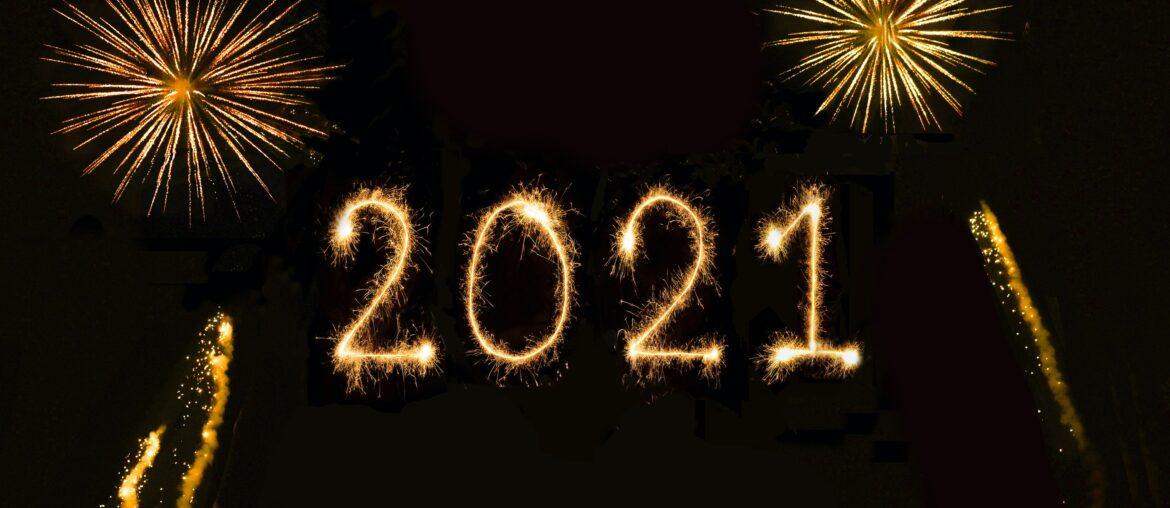



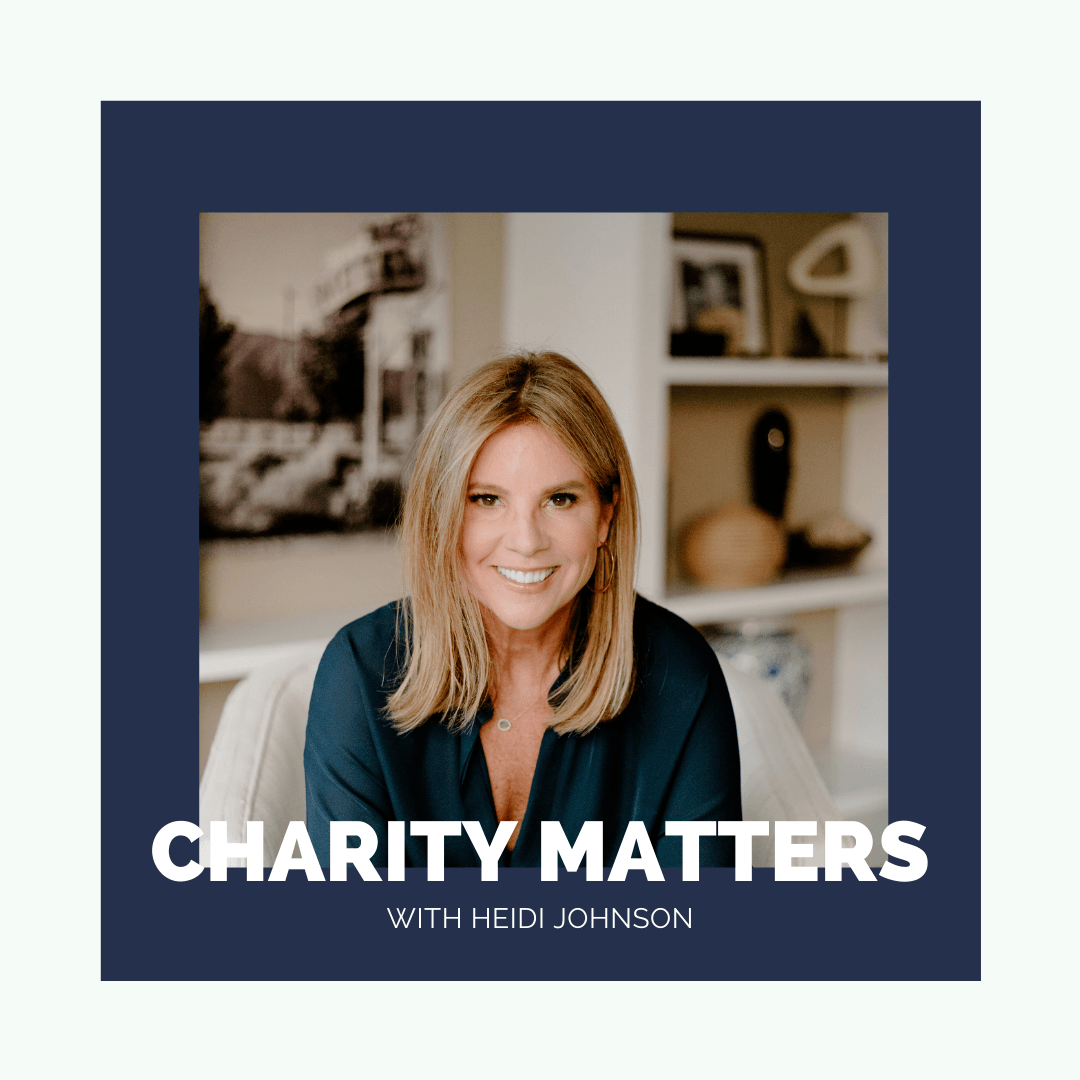
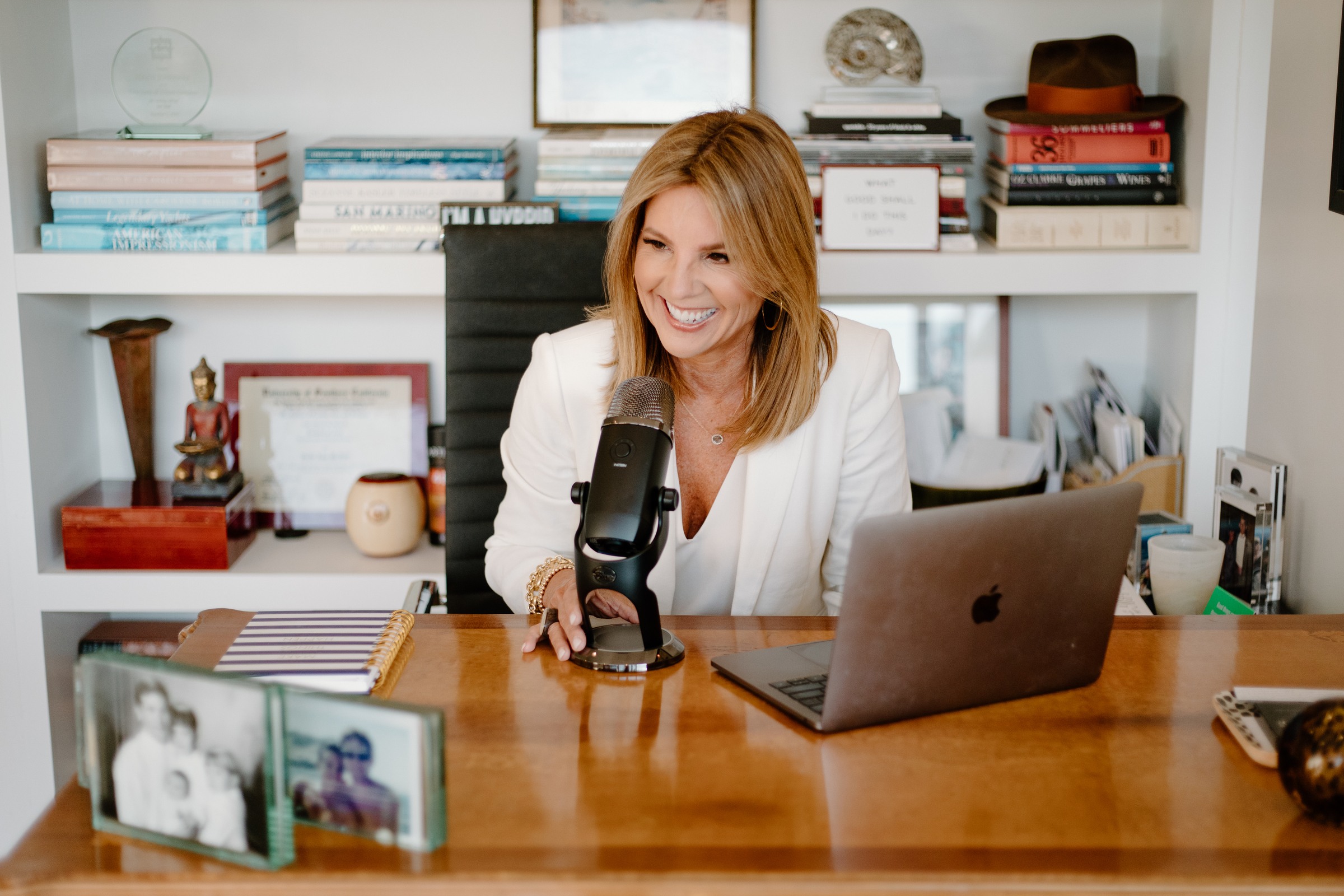
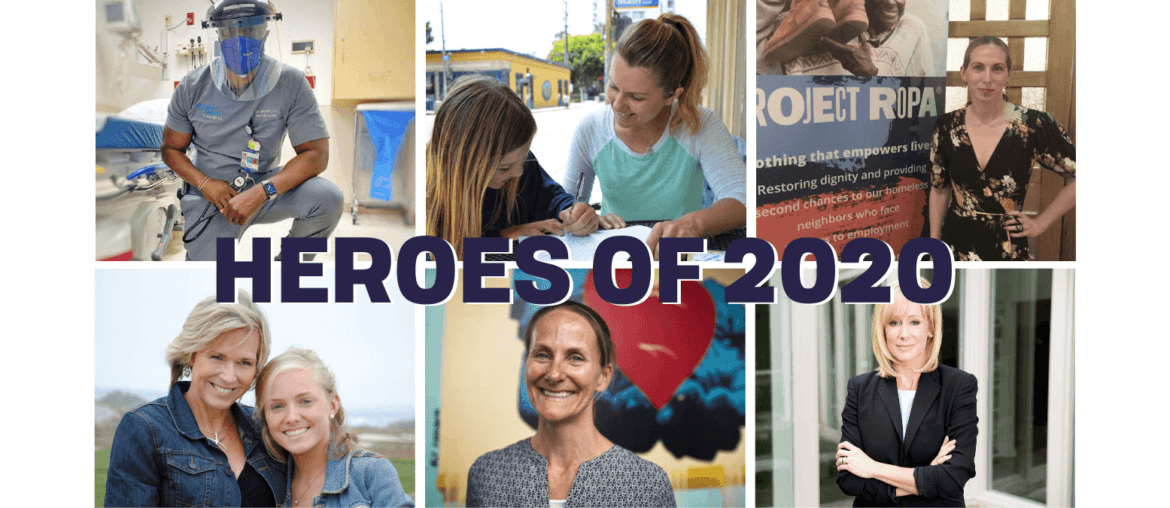

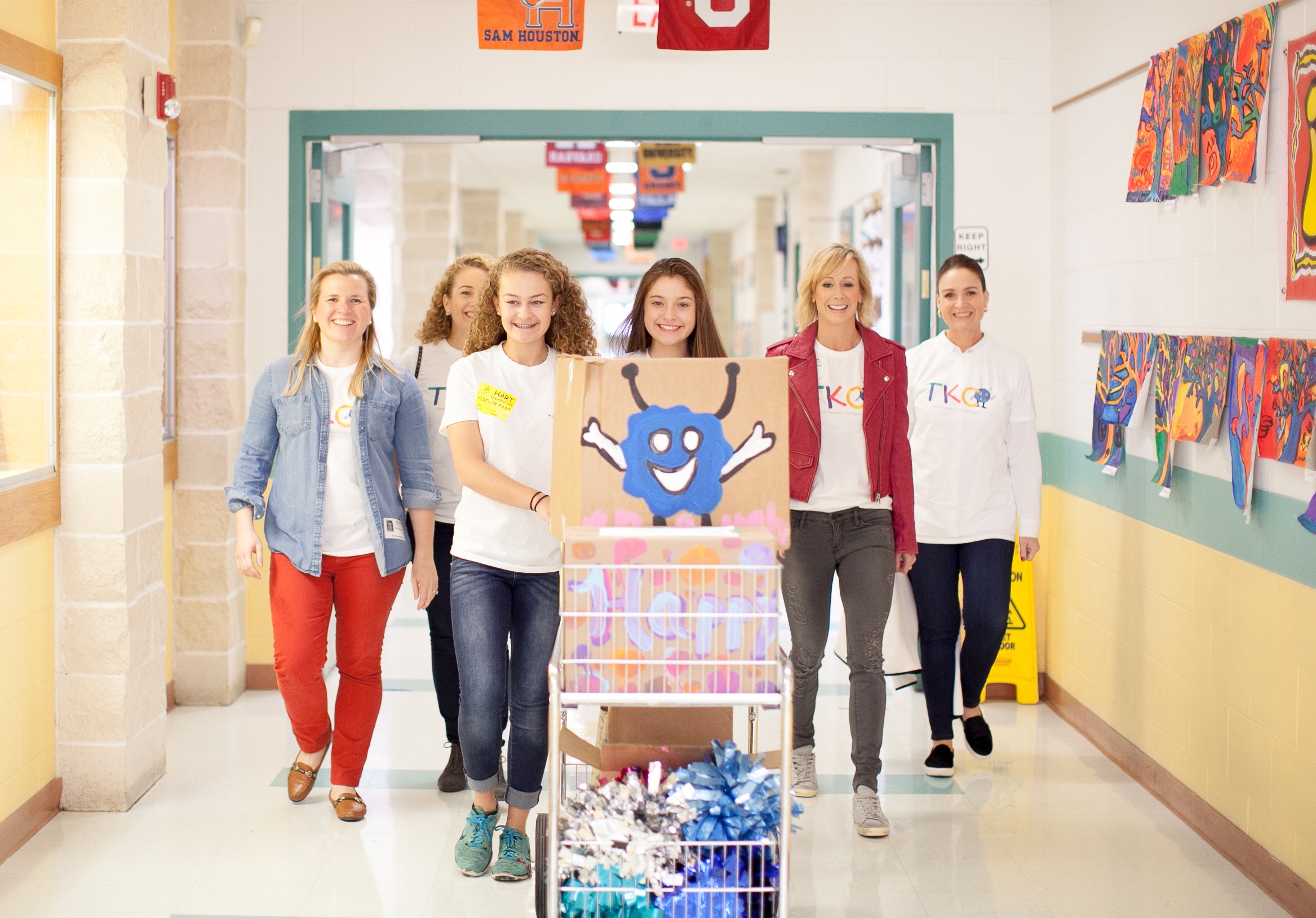
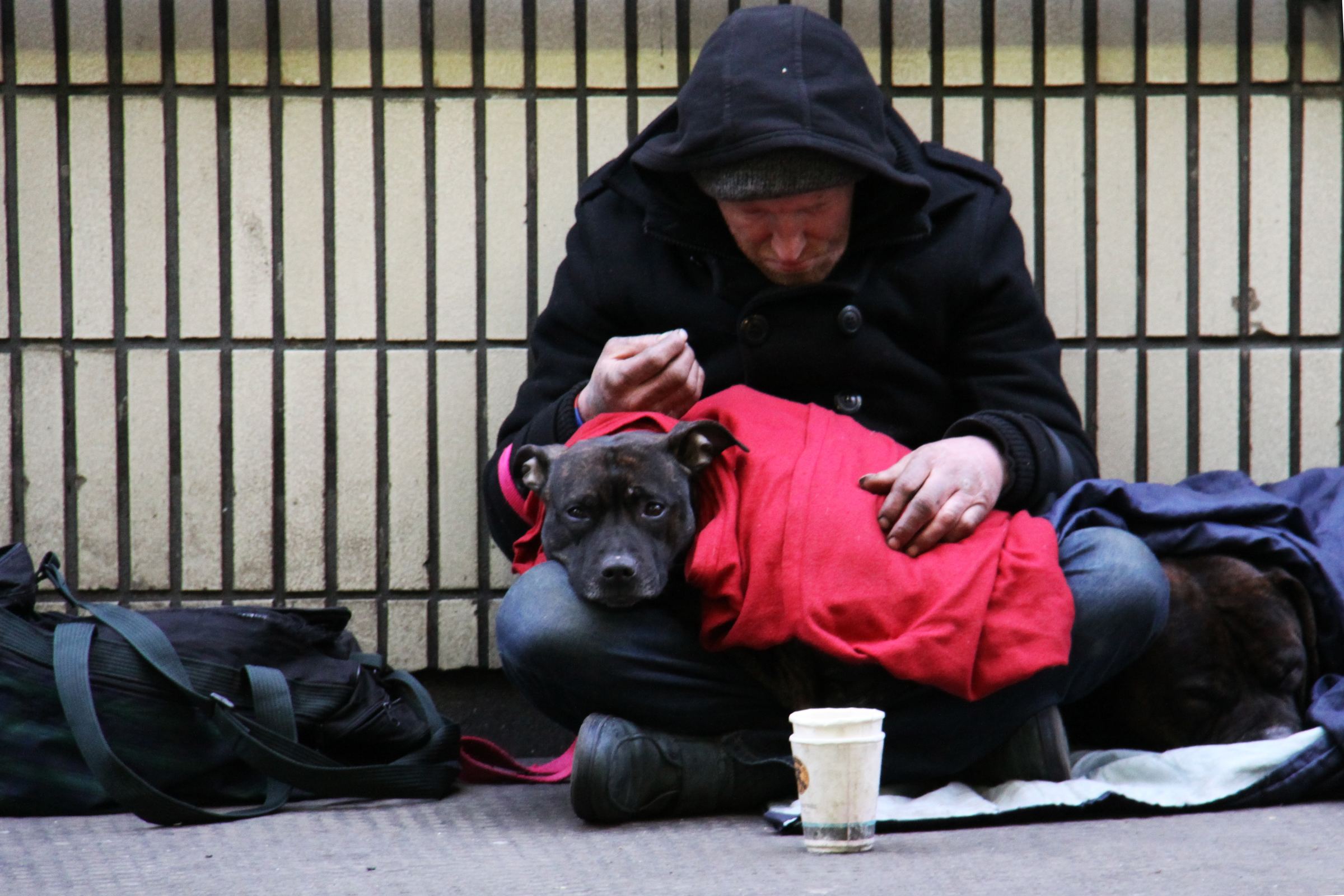
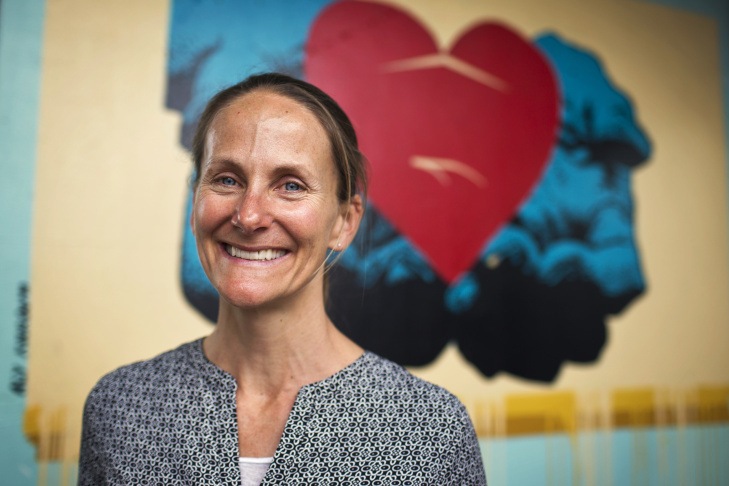
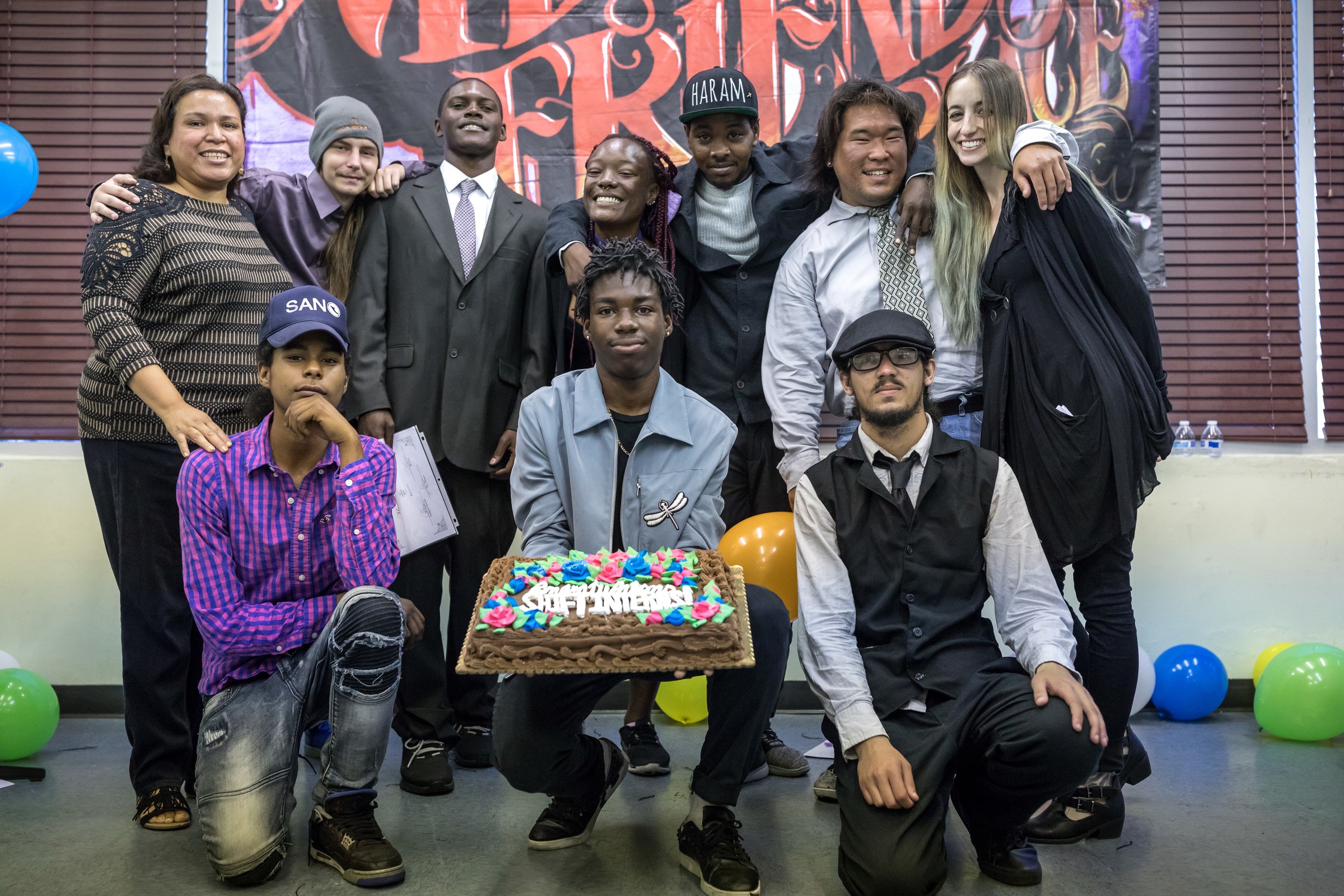
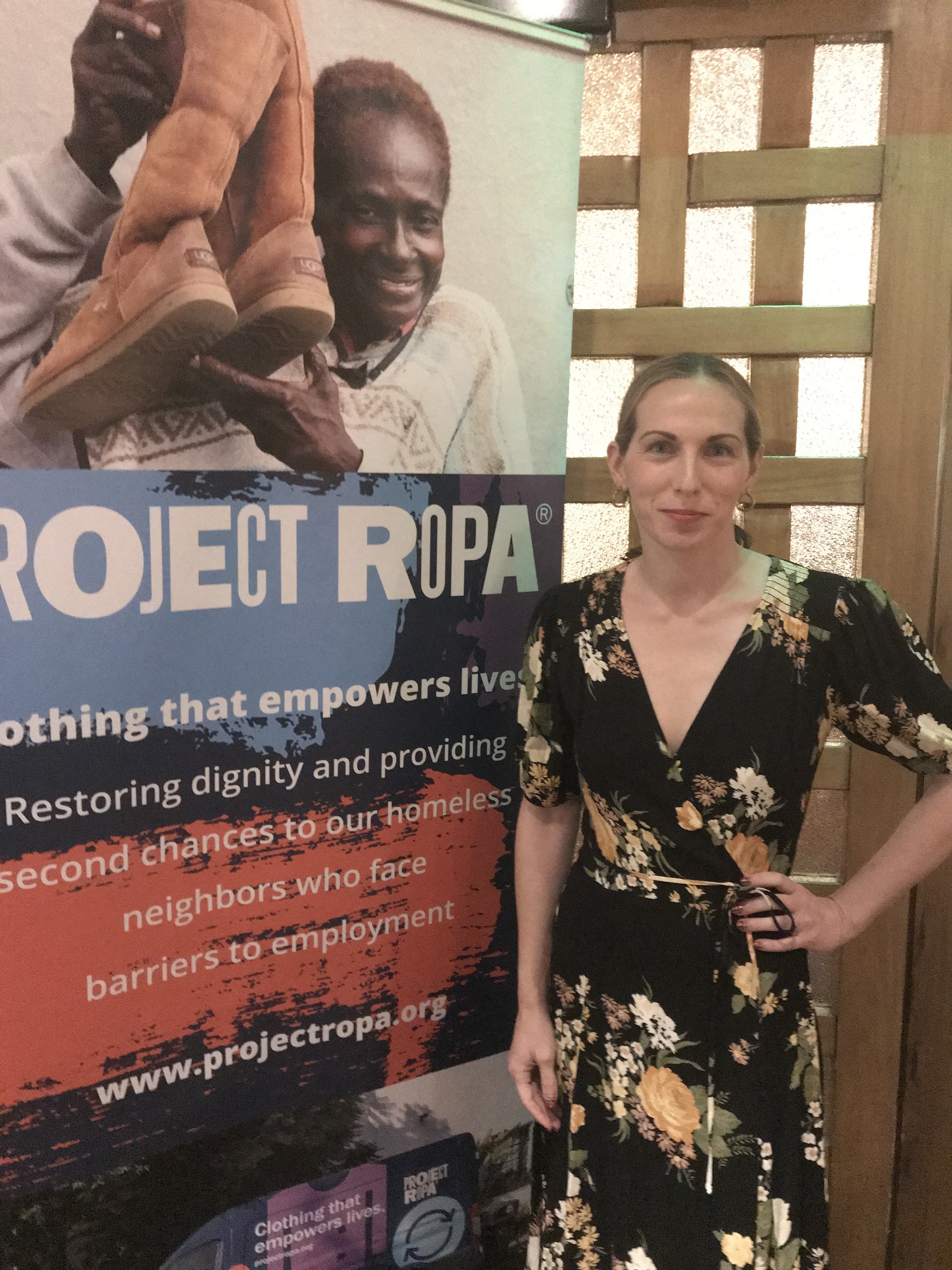
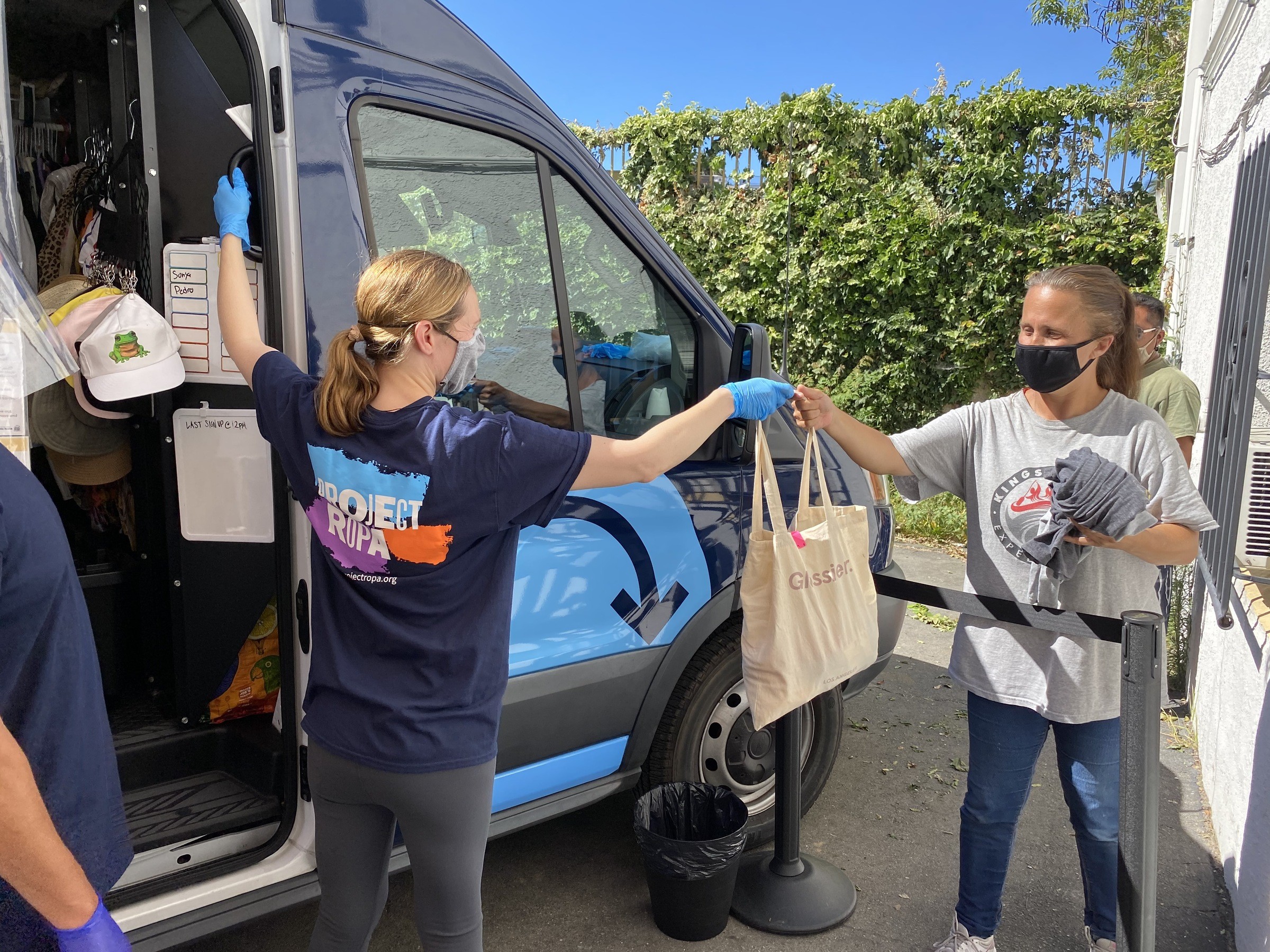
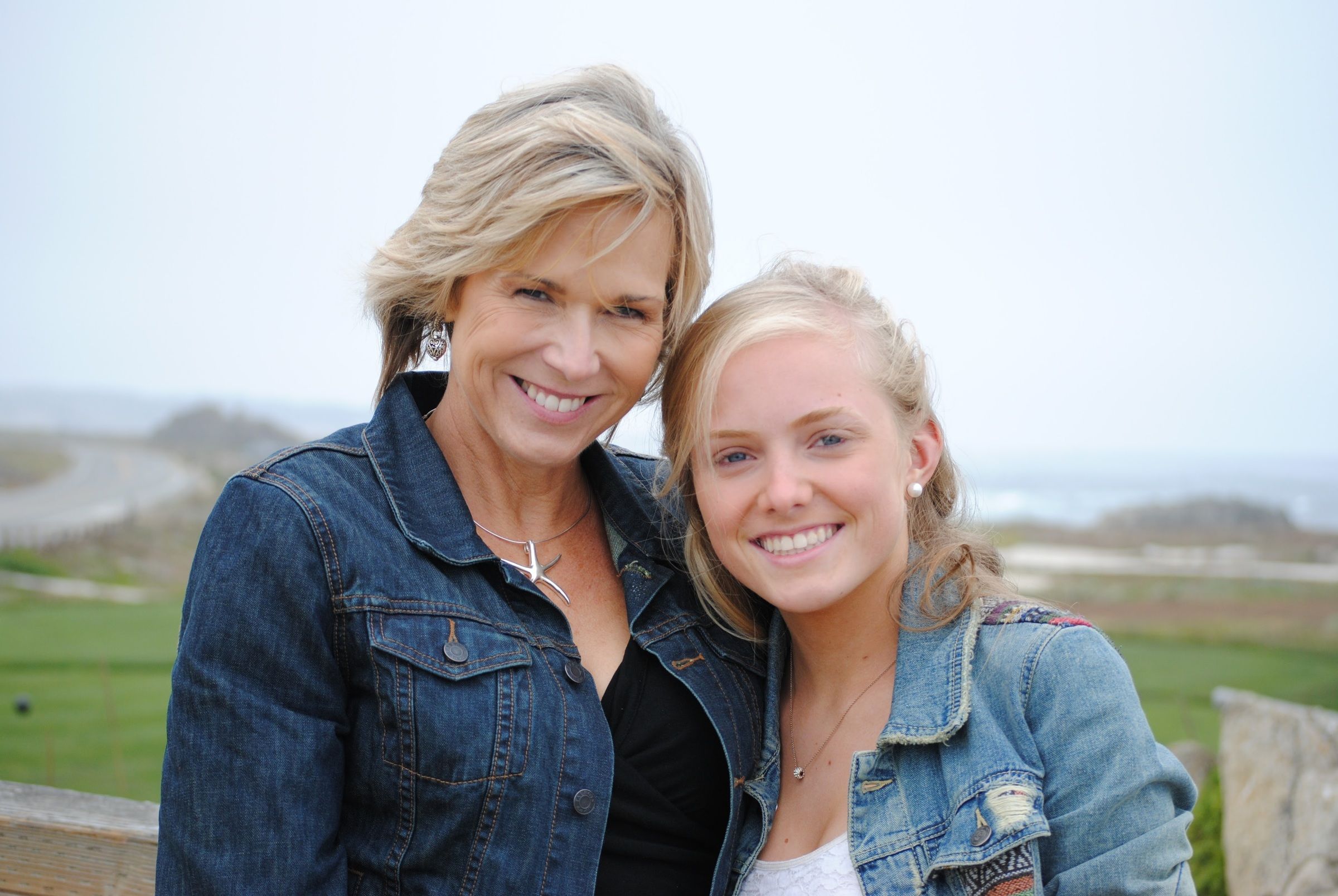
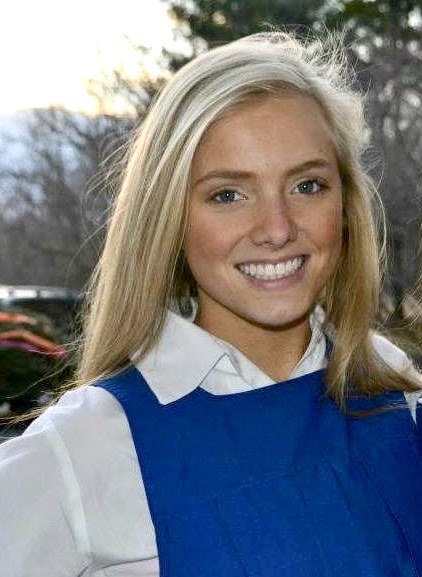
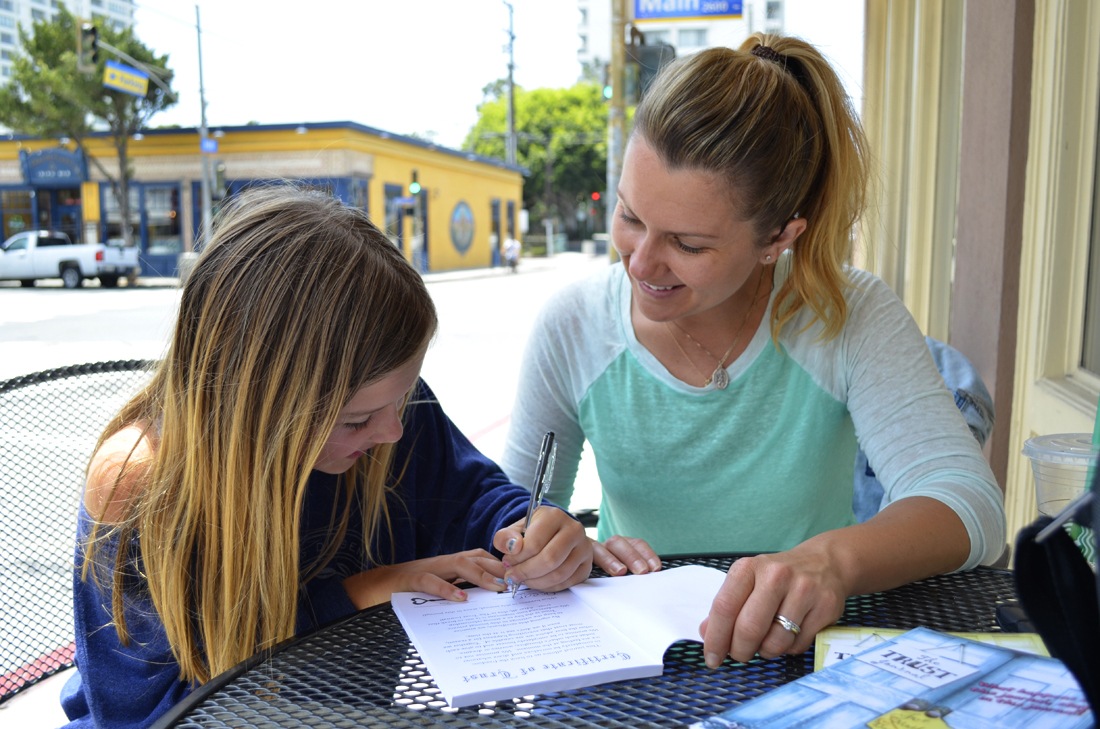
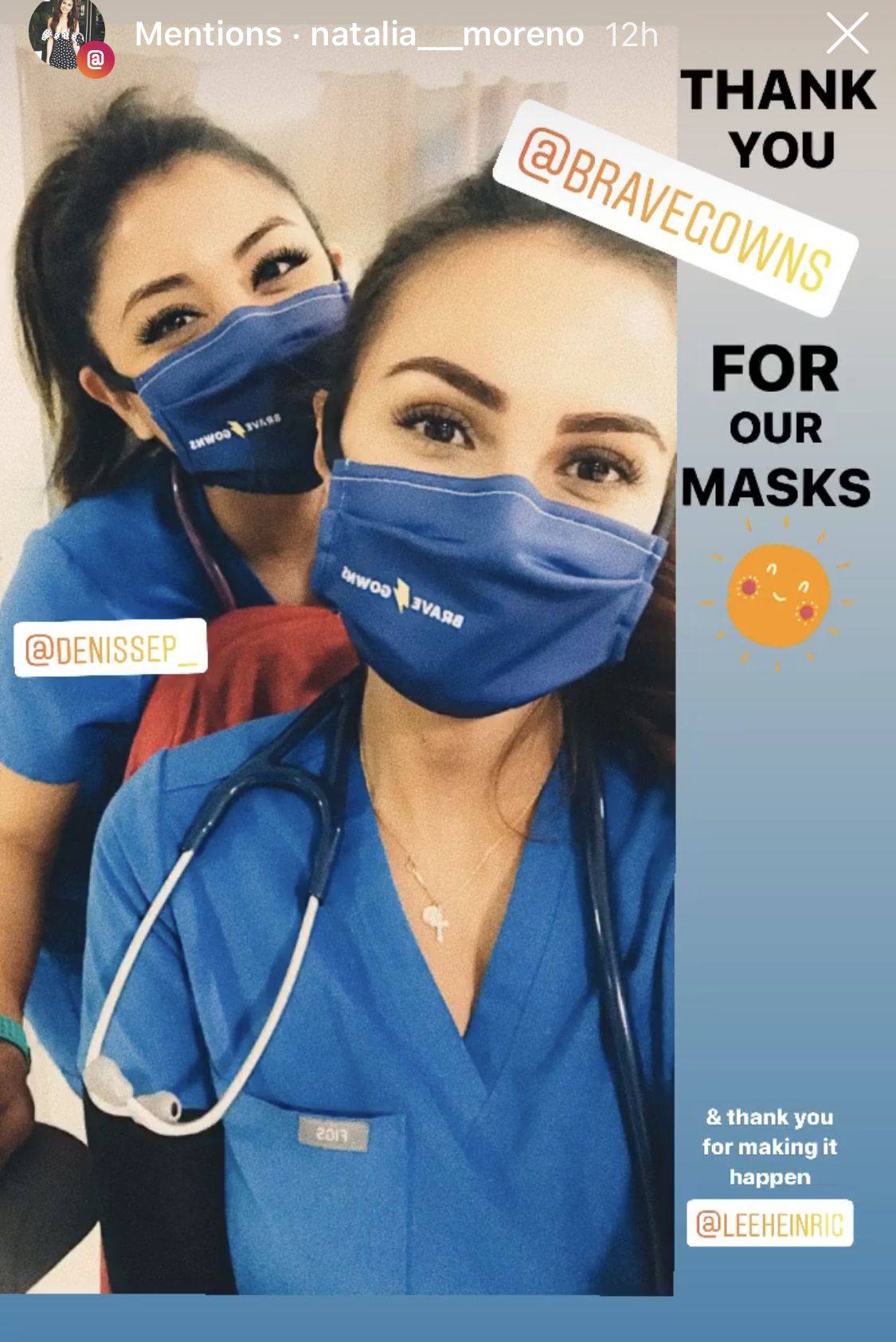
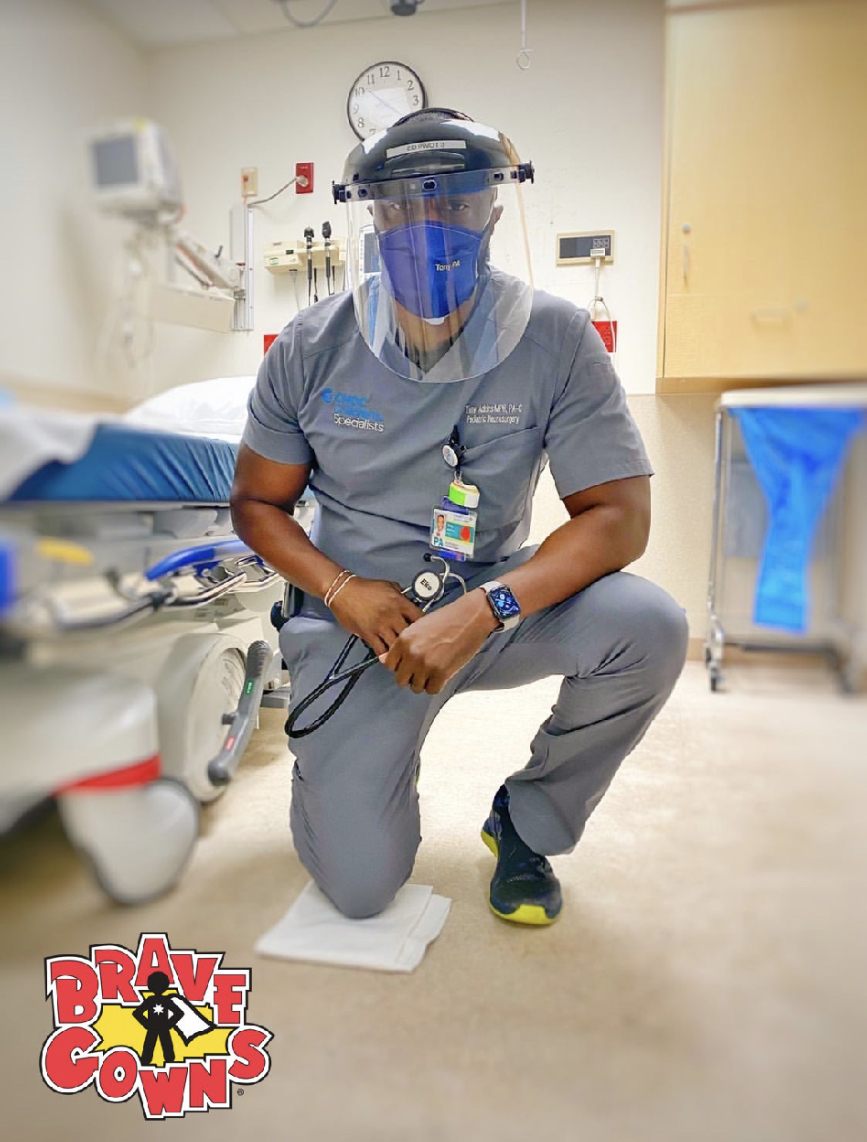
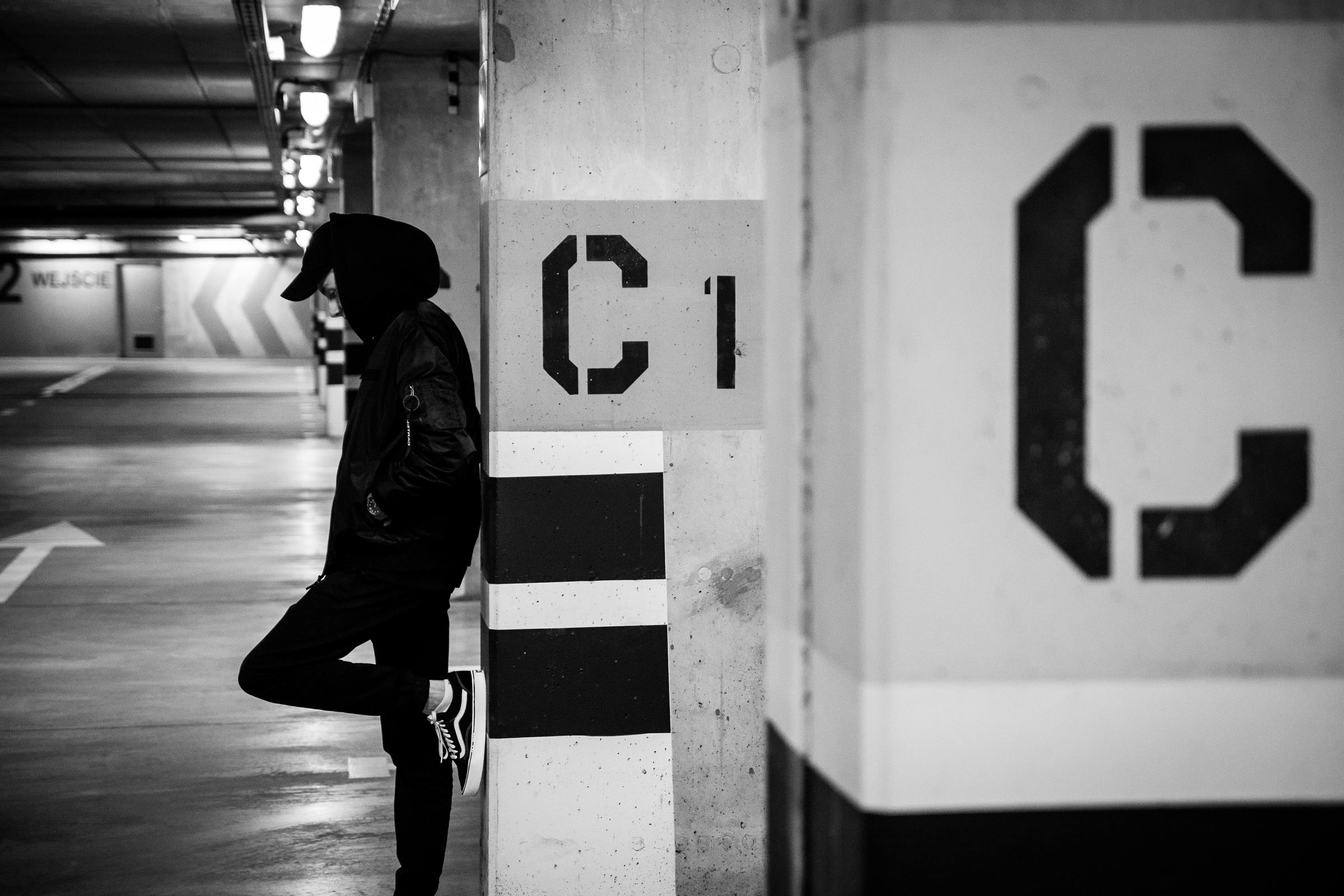 While I didn’t interview any specific health care workers but rather organizations that support them, it is worth mentioning that our front line workers were THE true superheroes of 2020.
While I didn’t interview any specific health care workers but rather organizations that support them, it is worth mentioning that our front line workers were THE true superheroes of 2020.